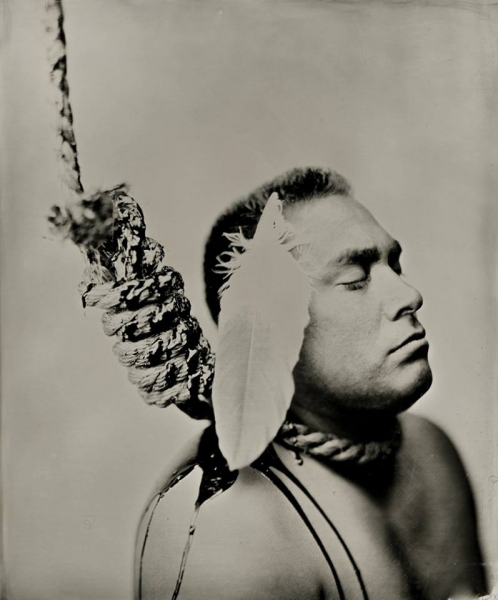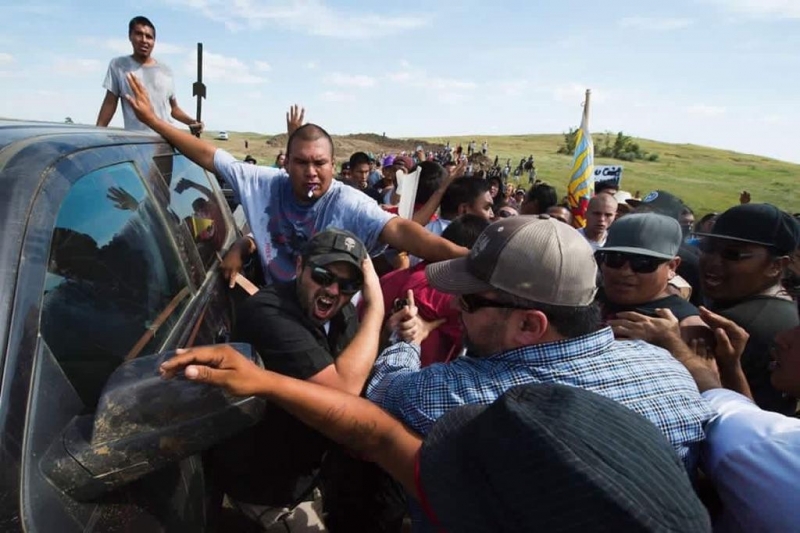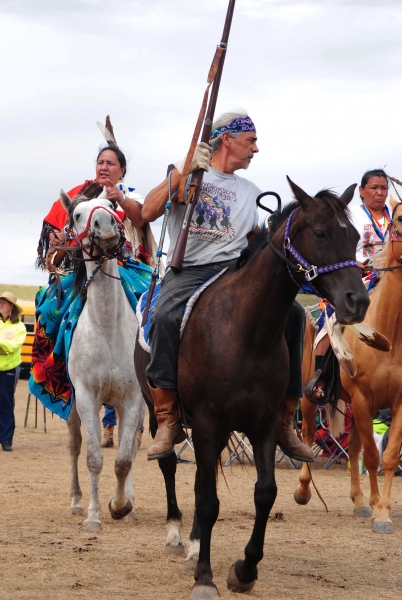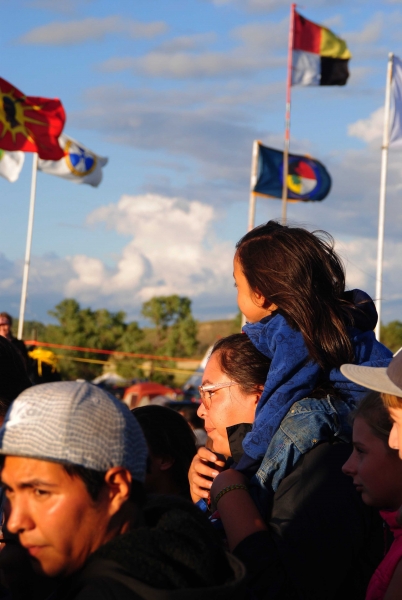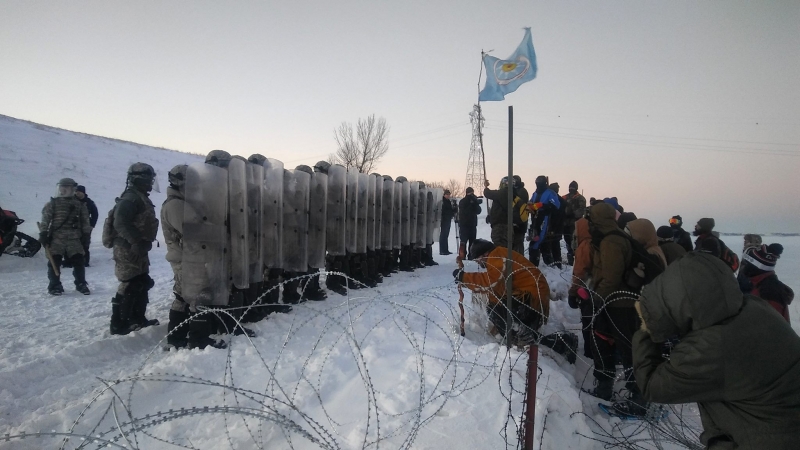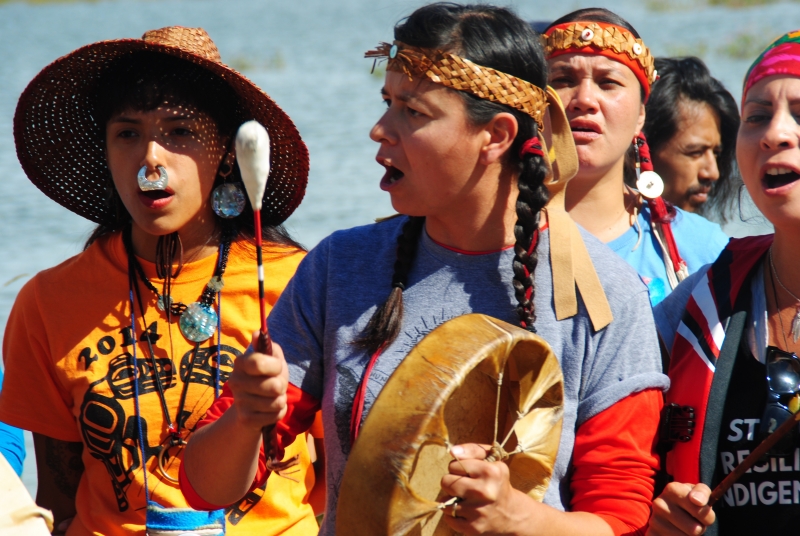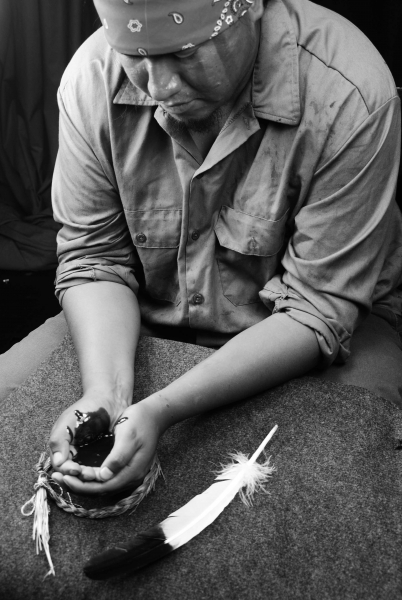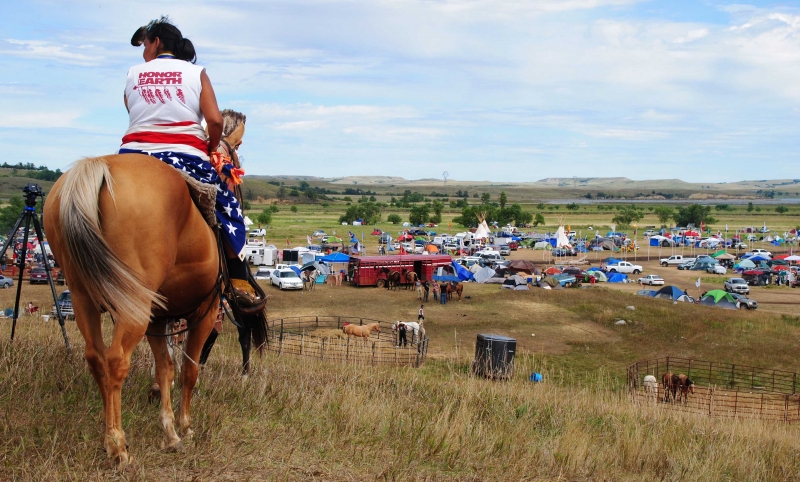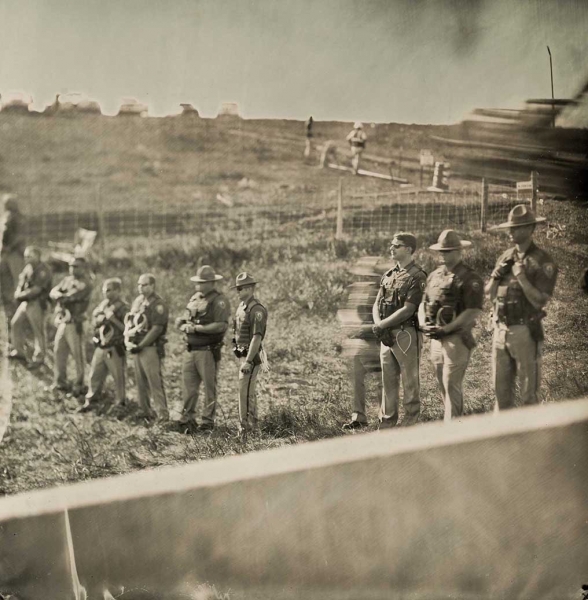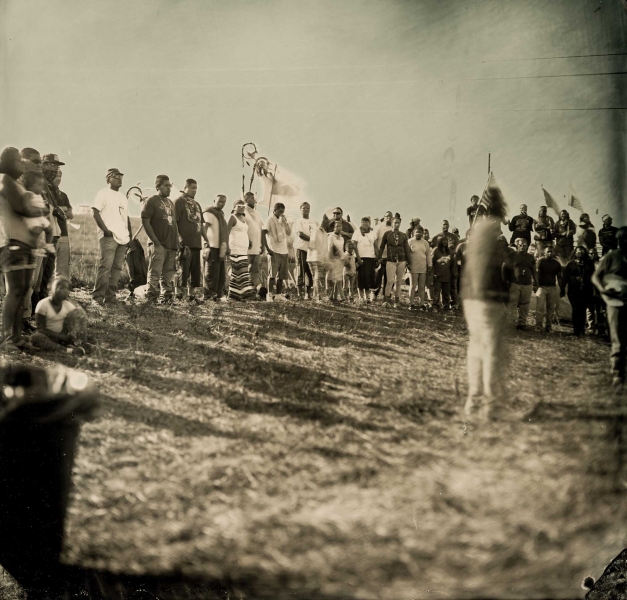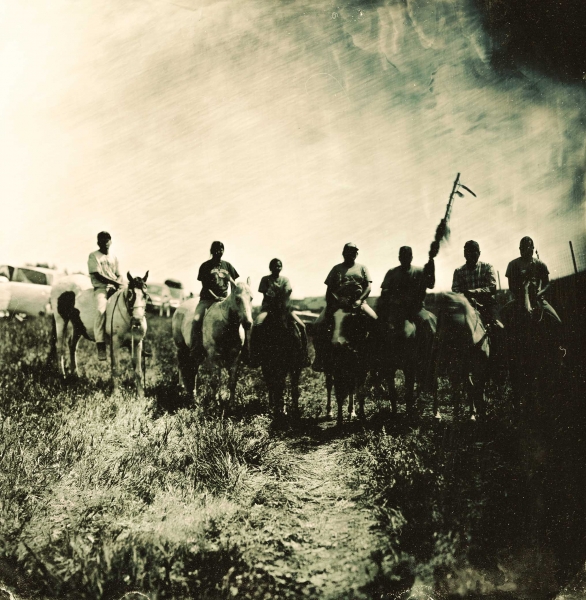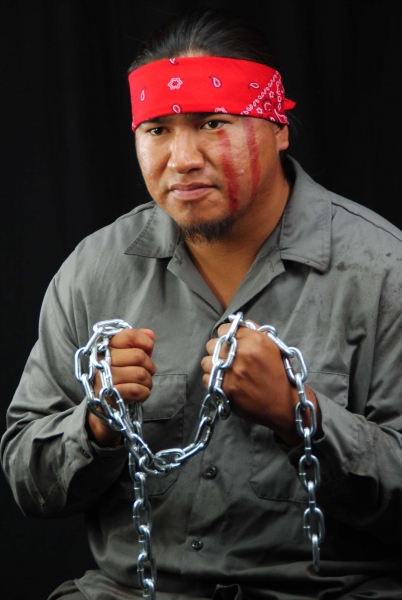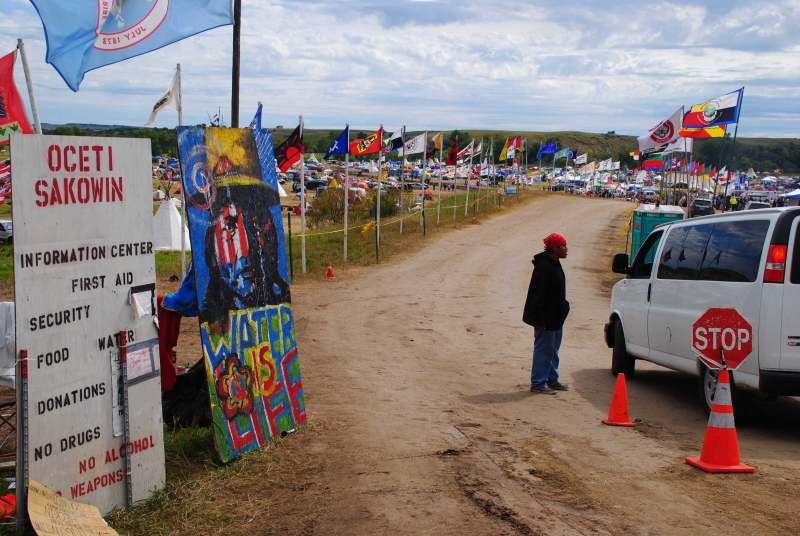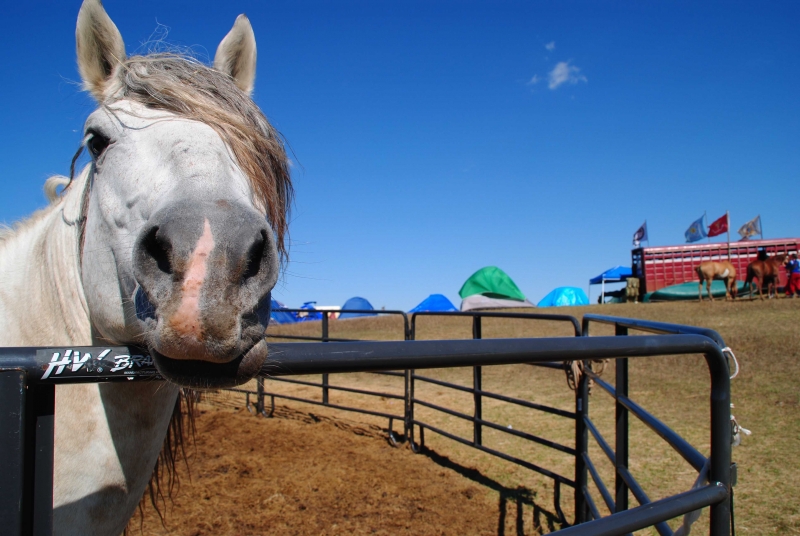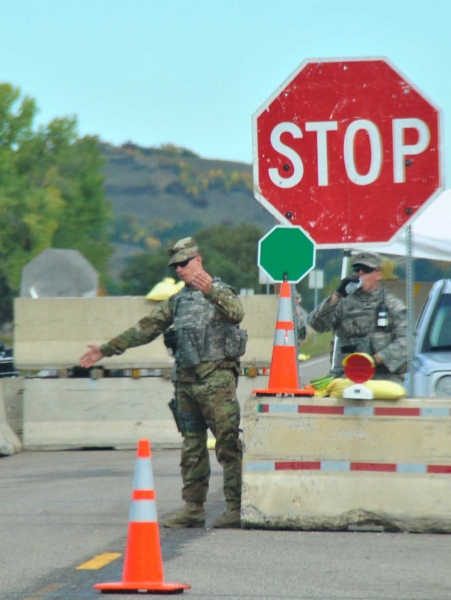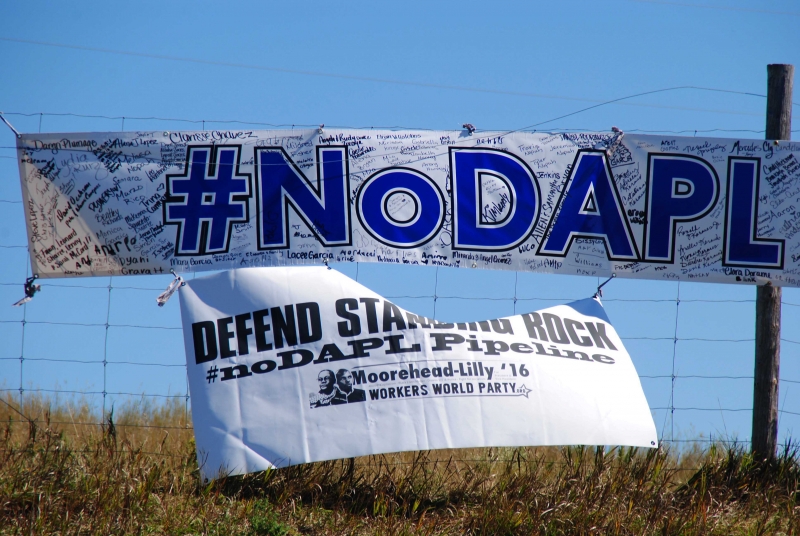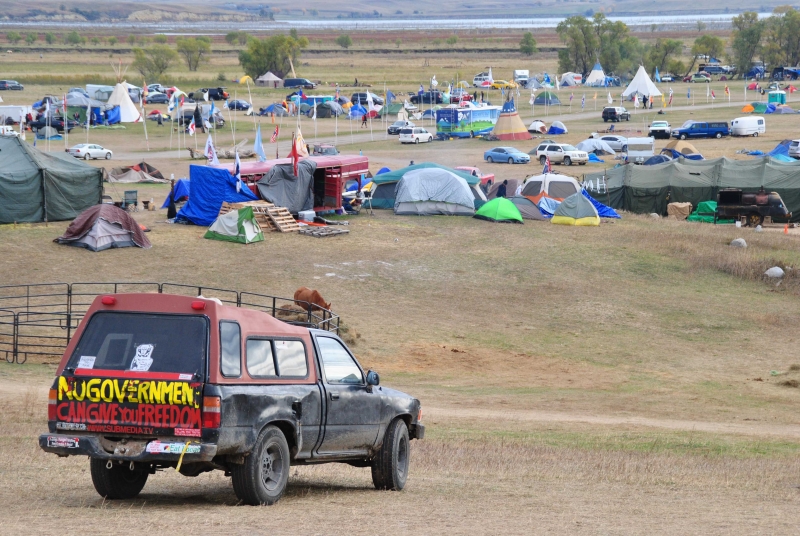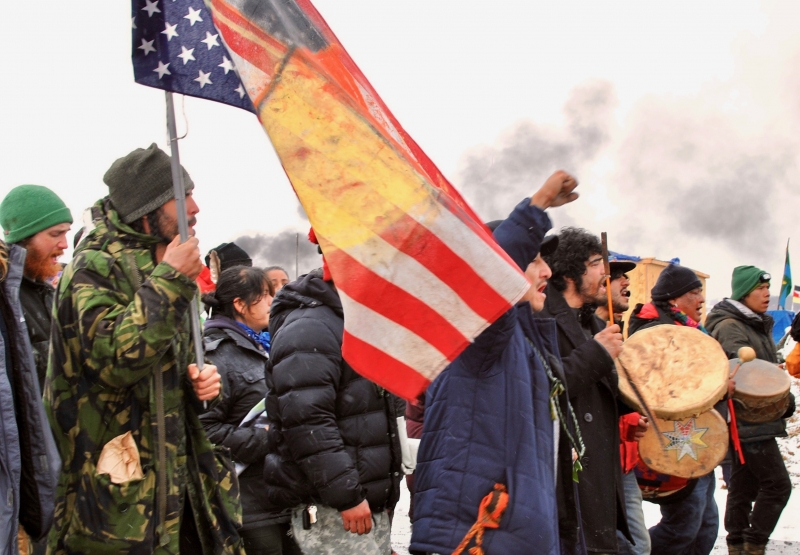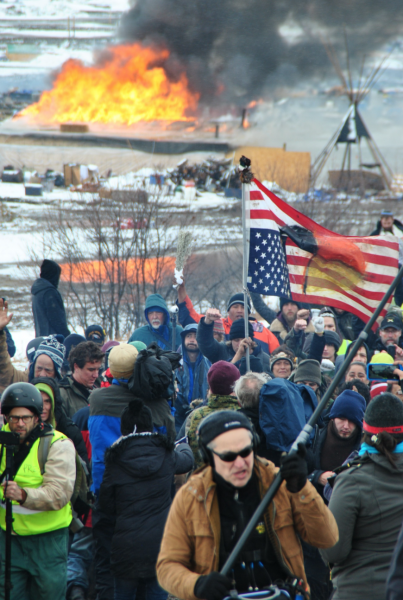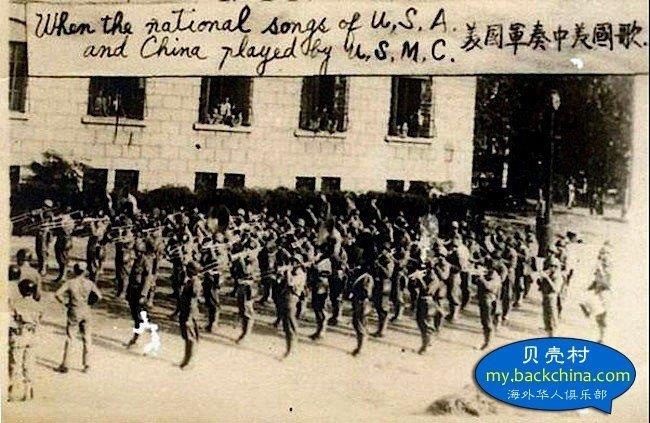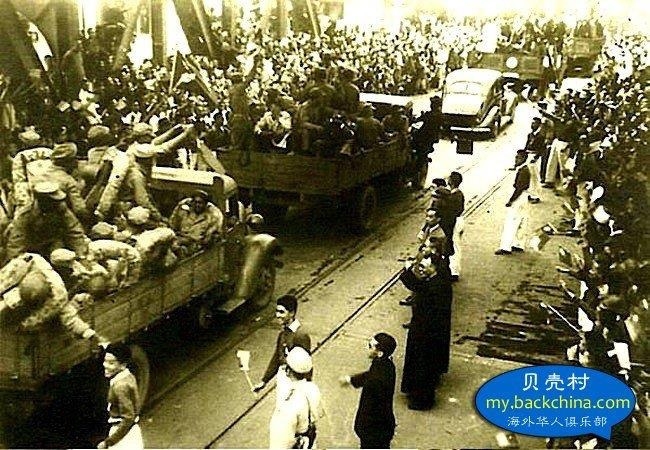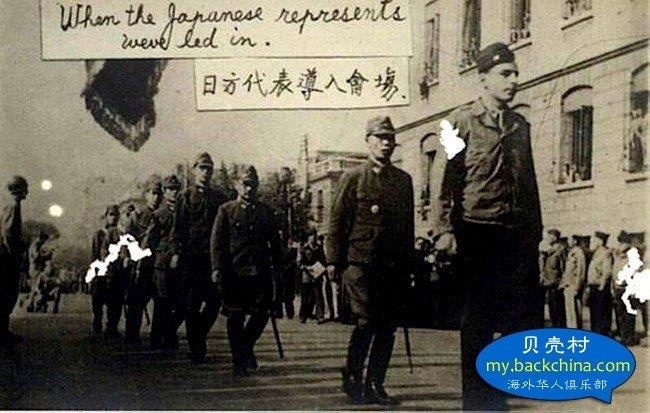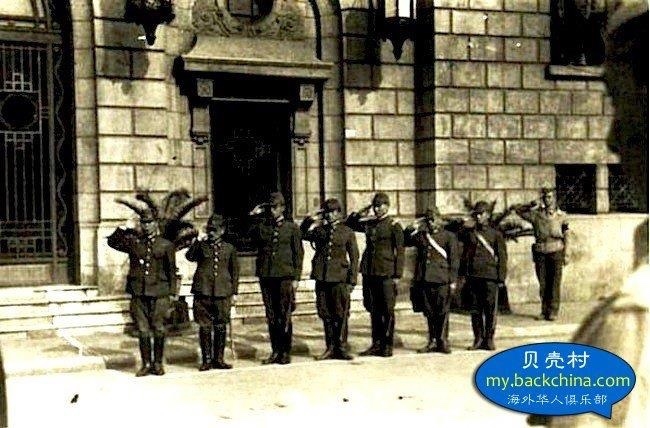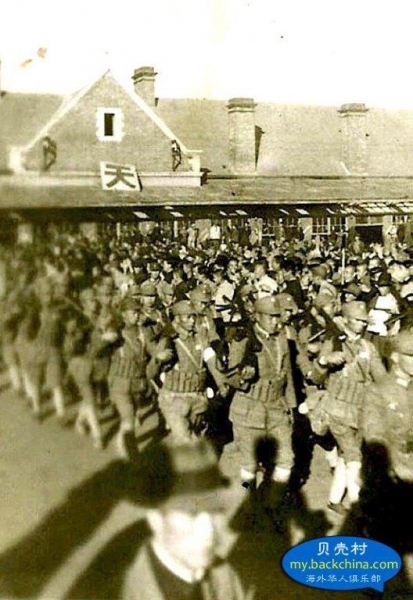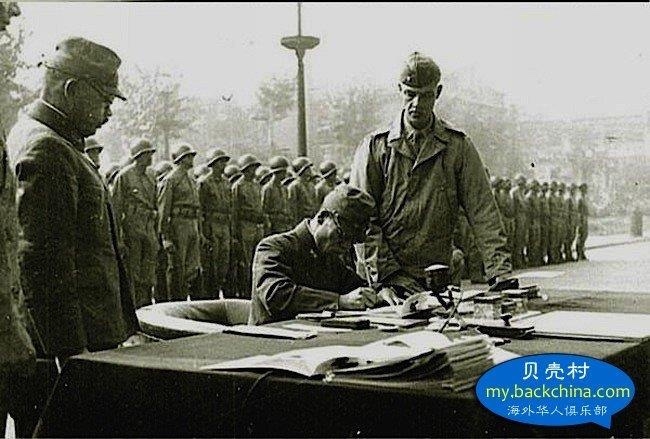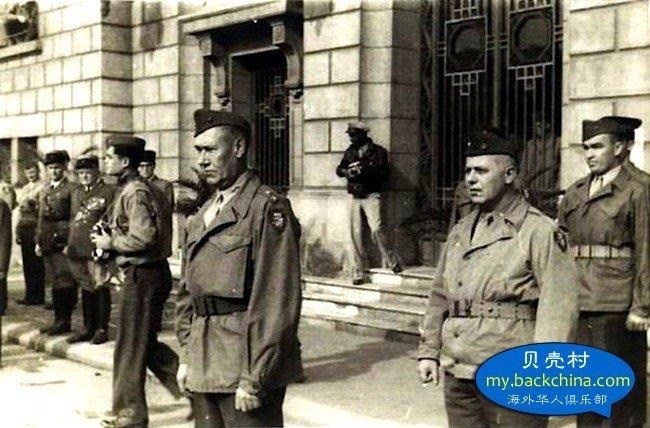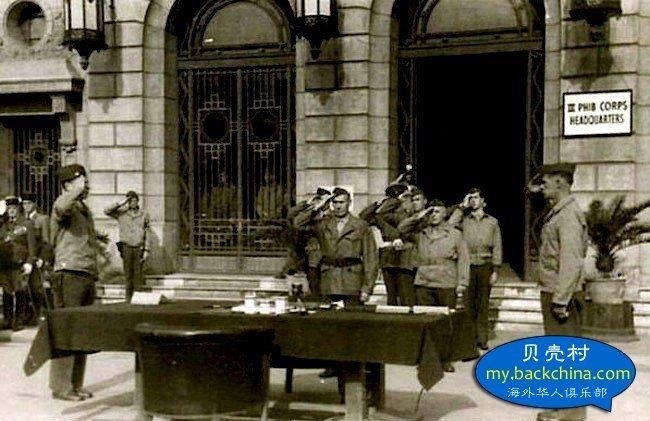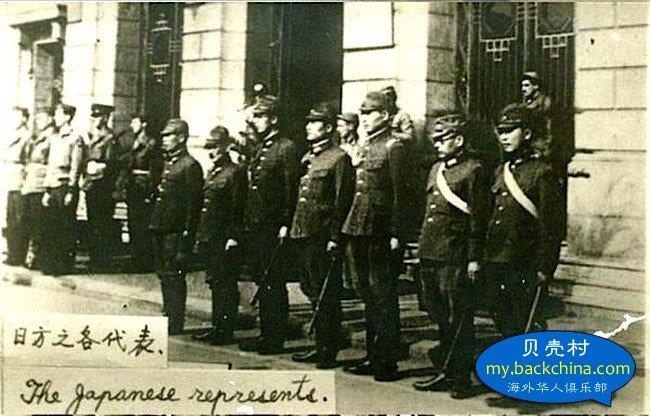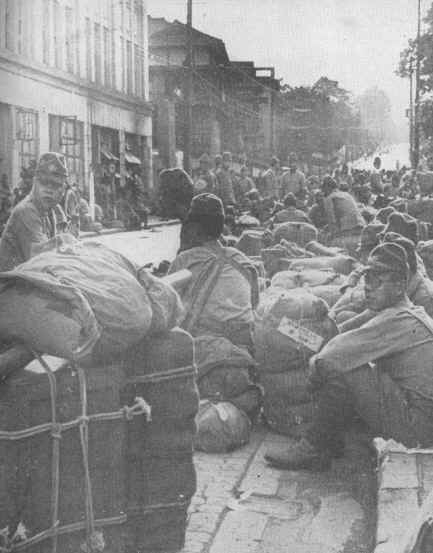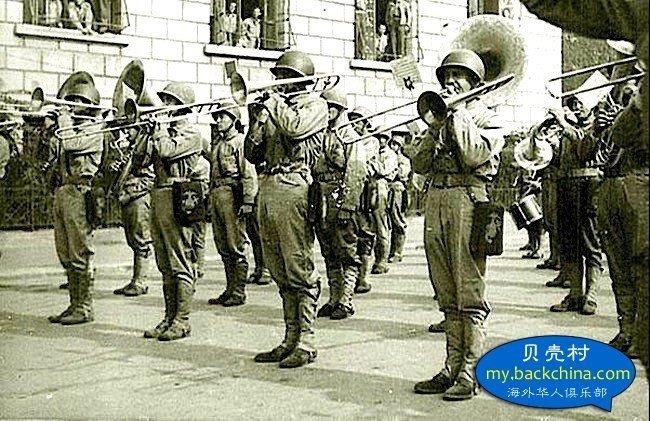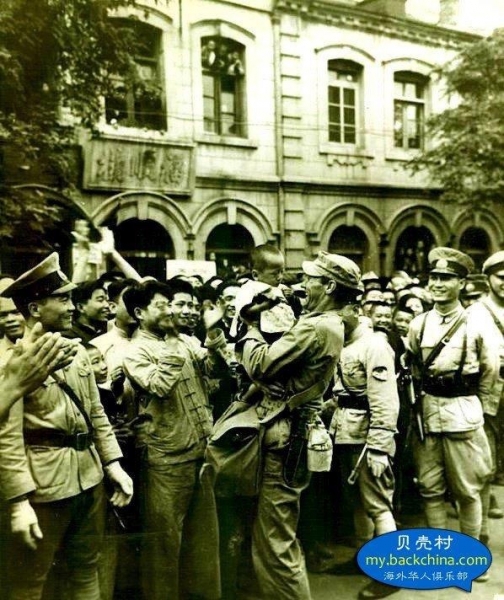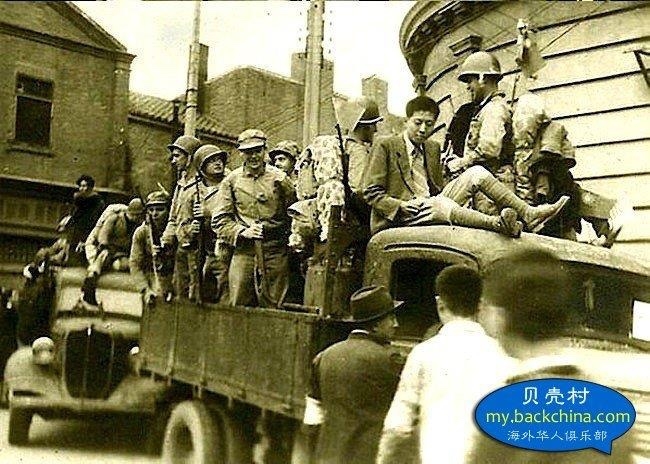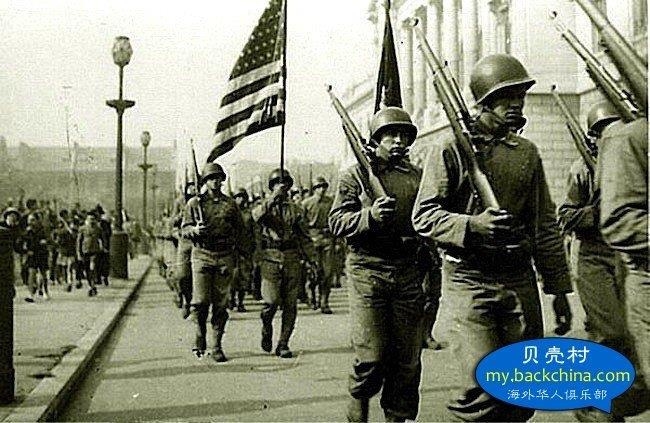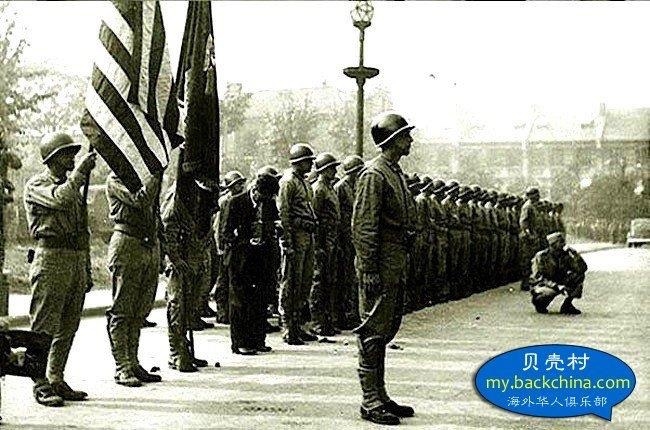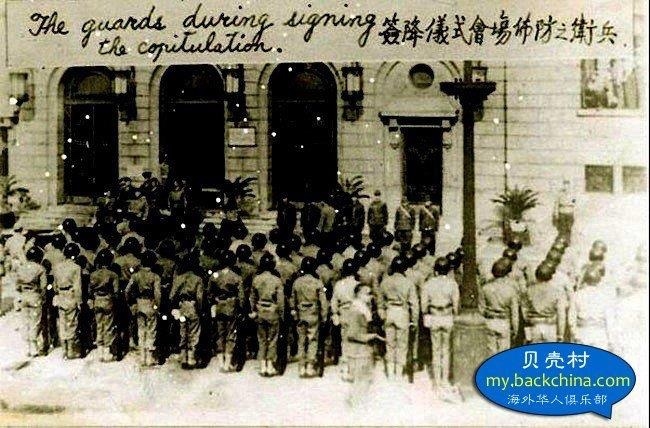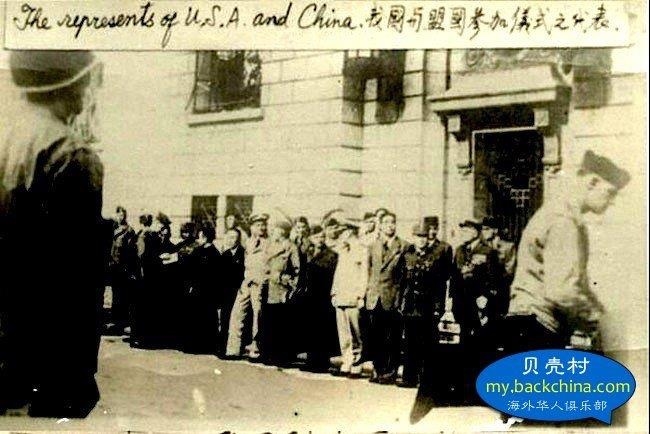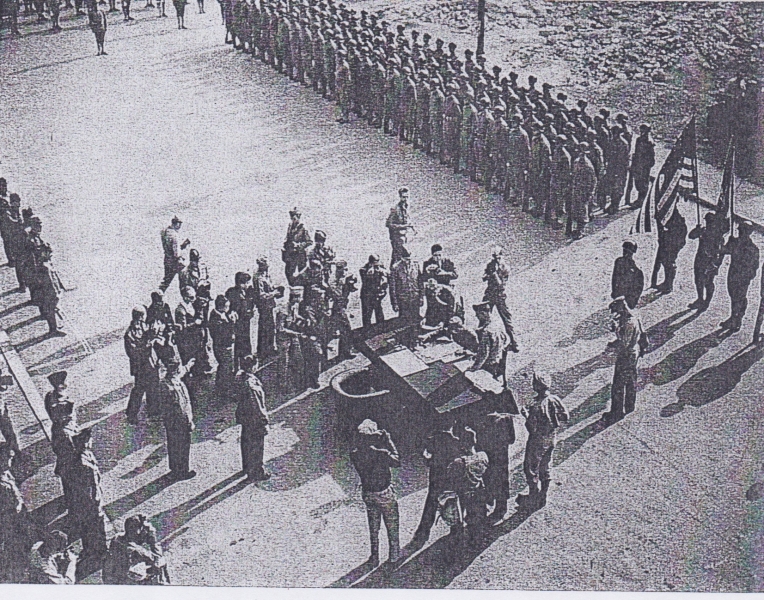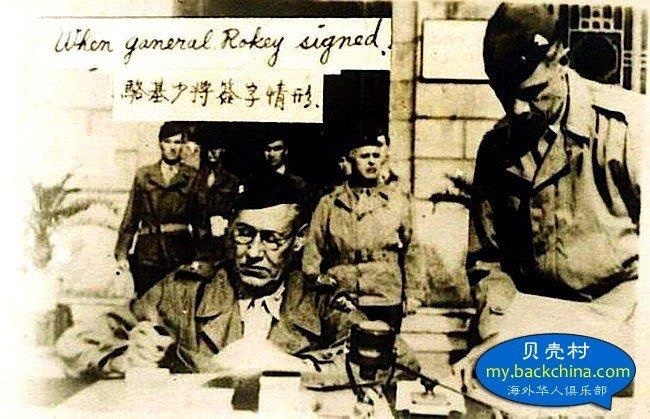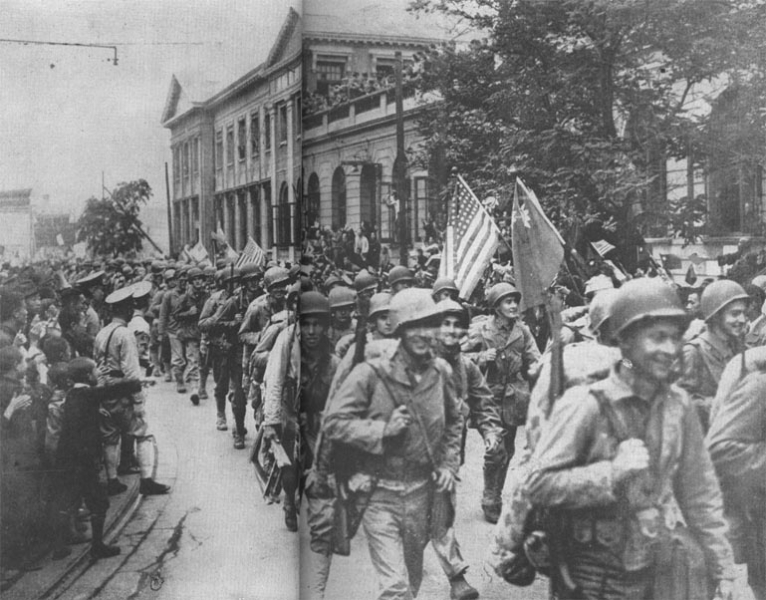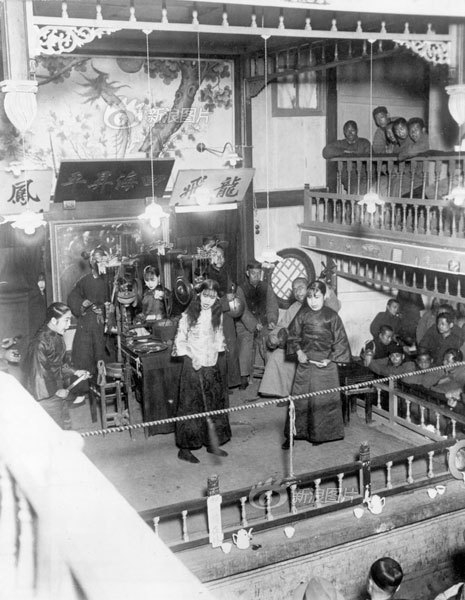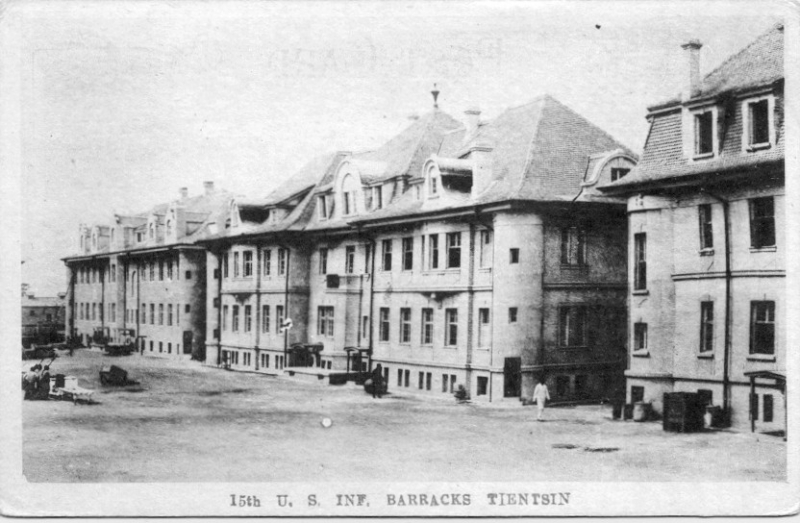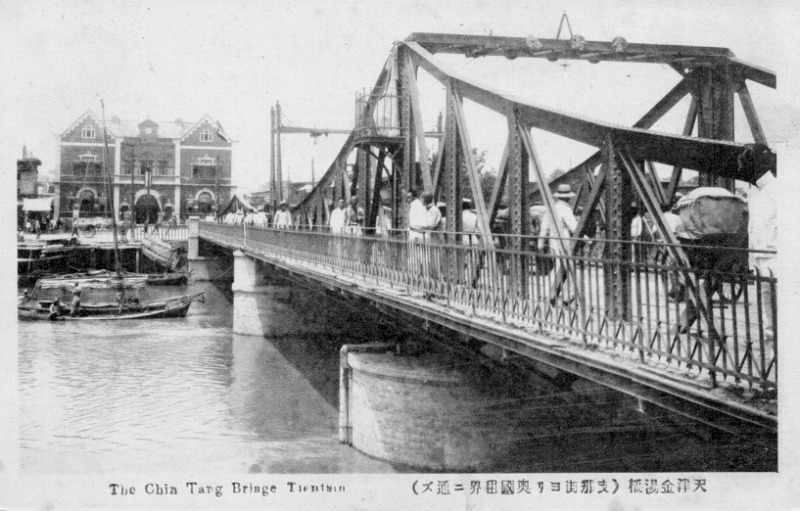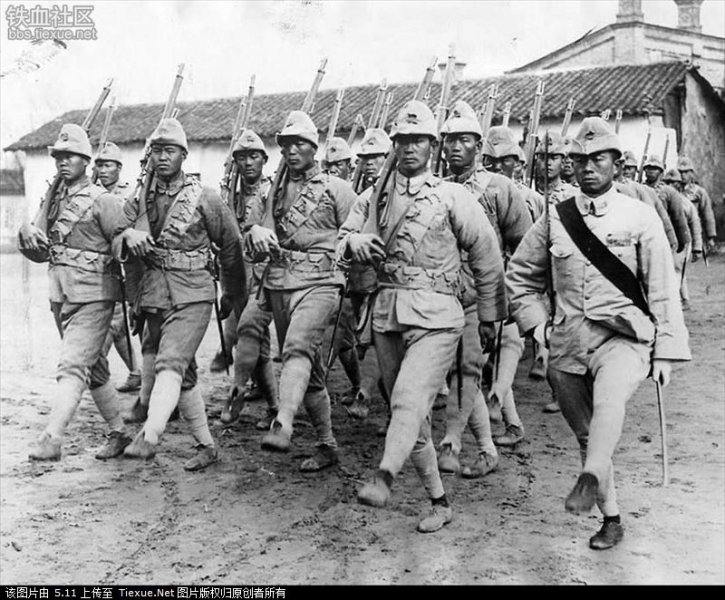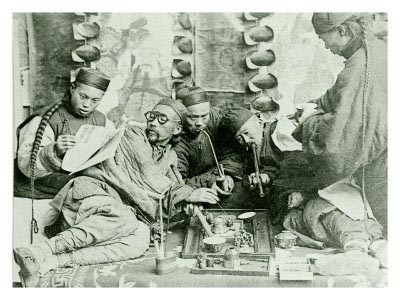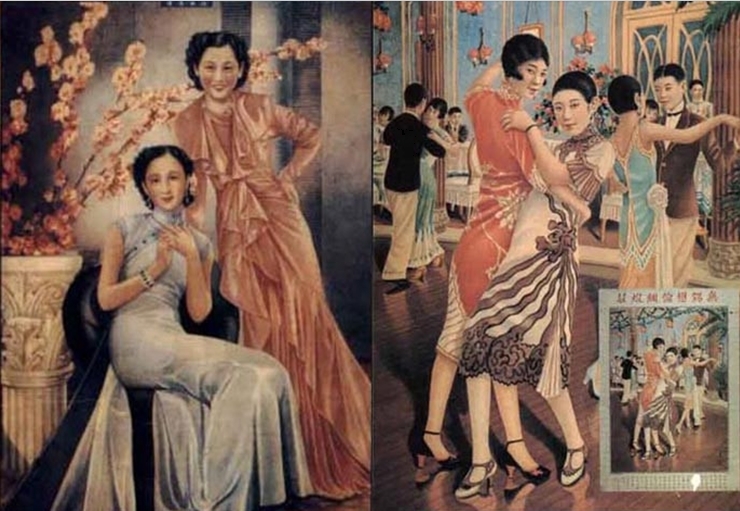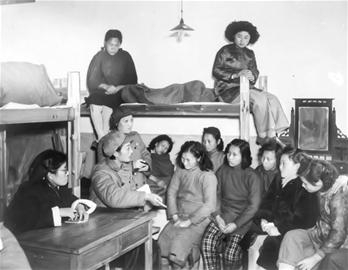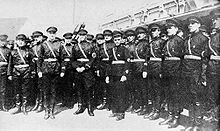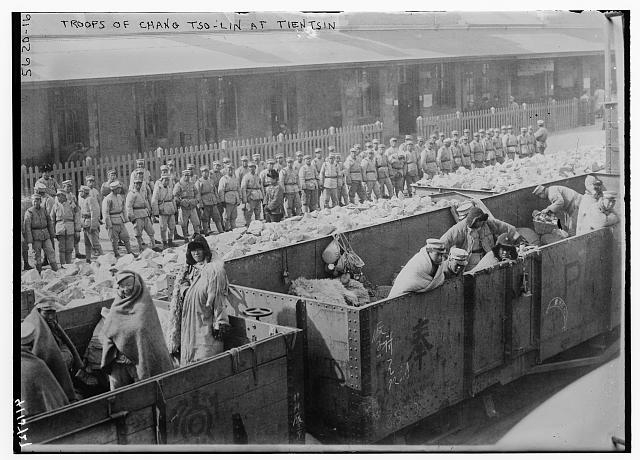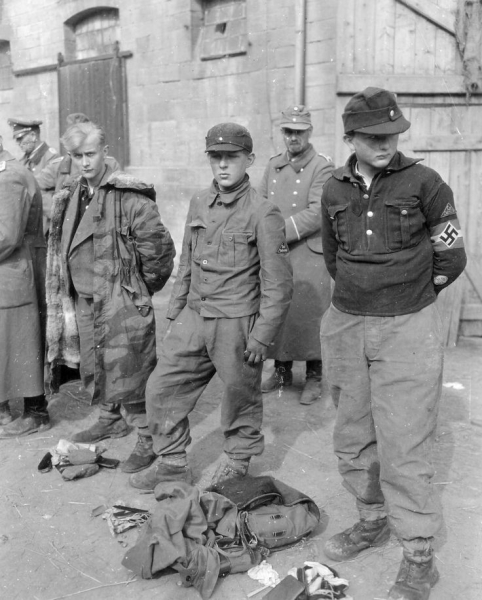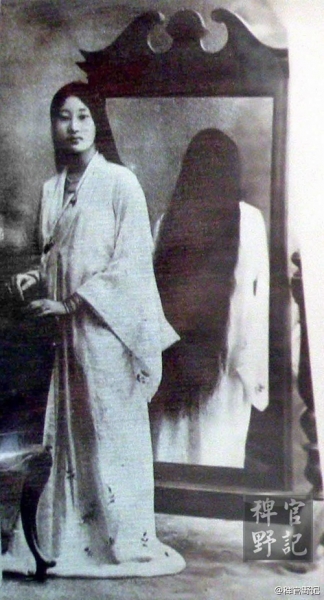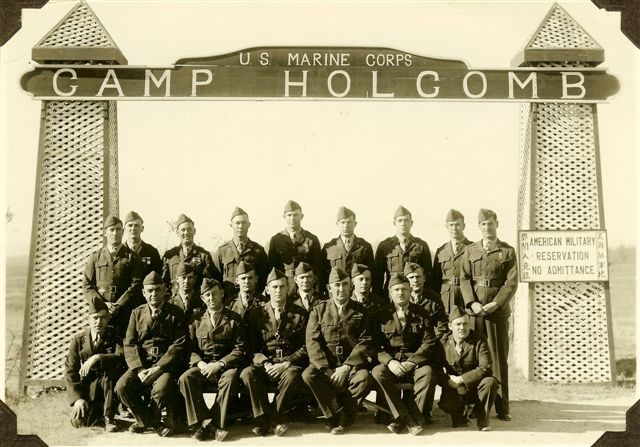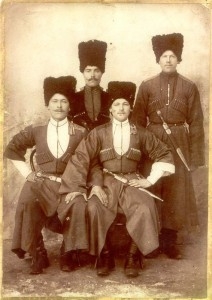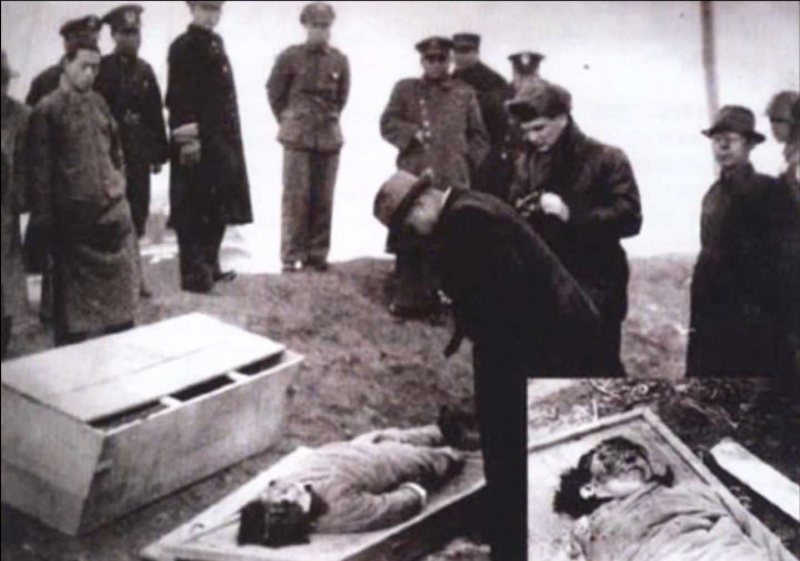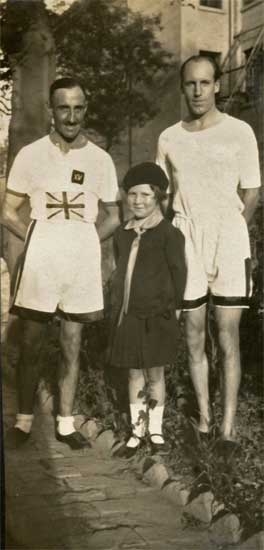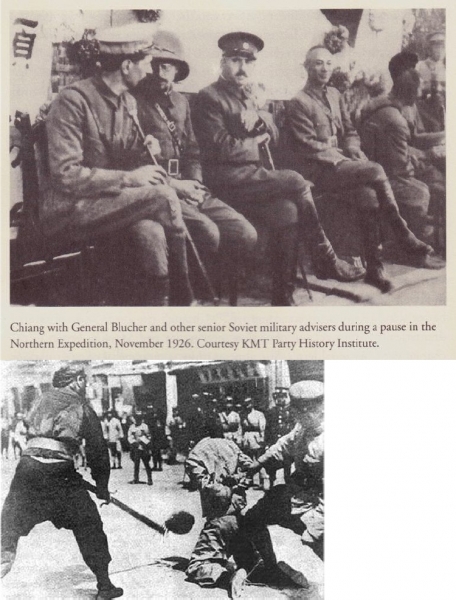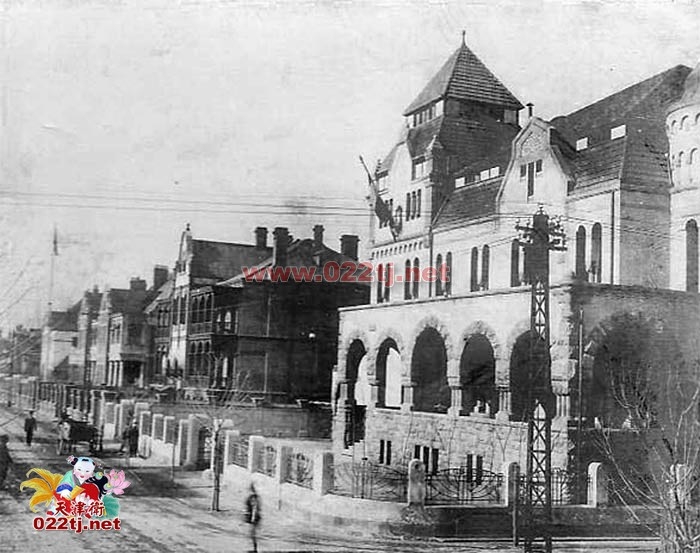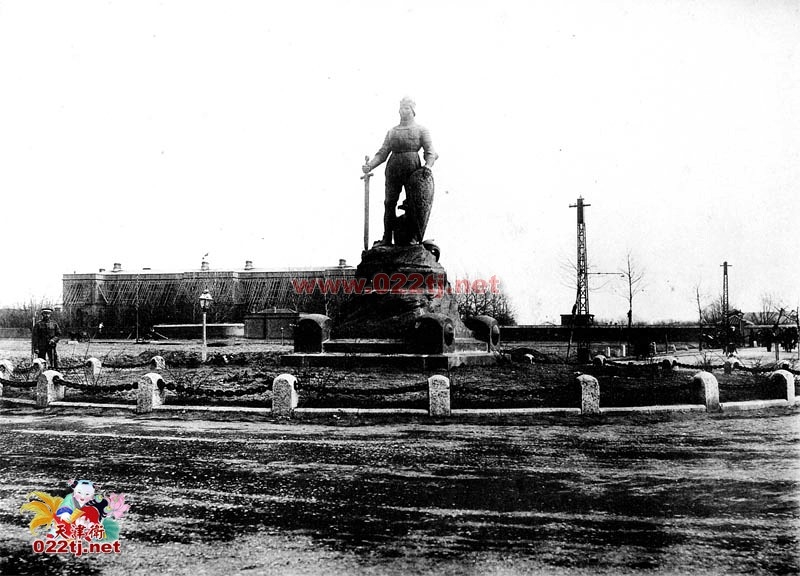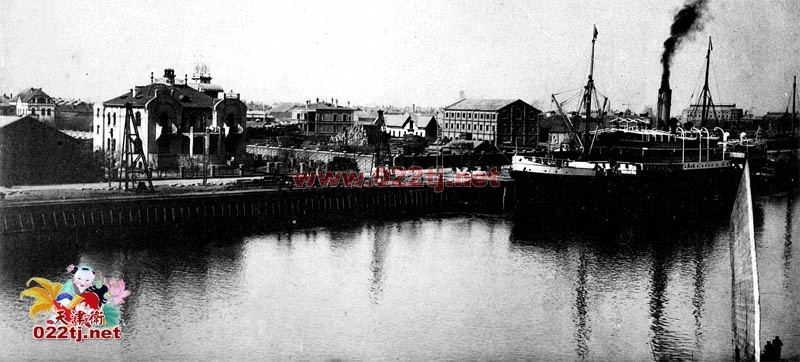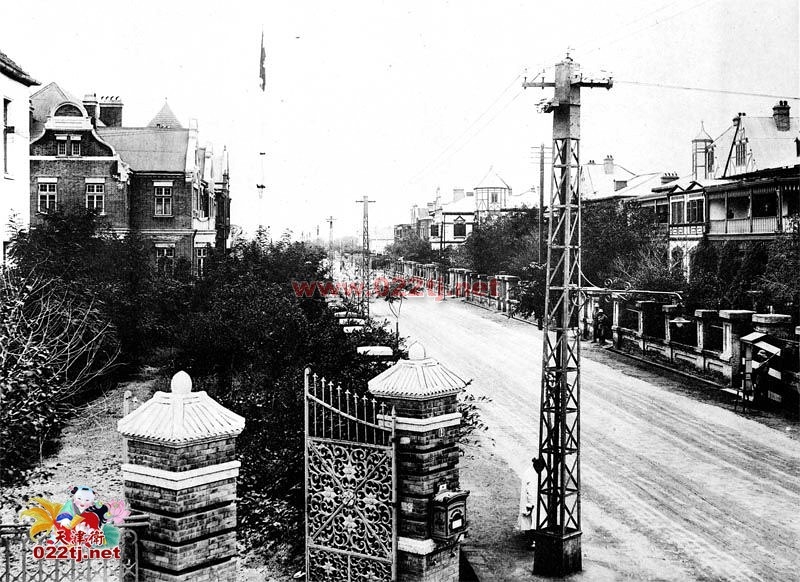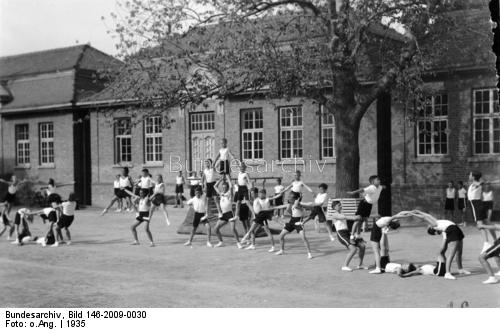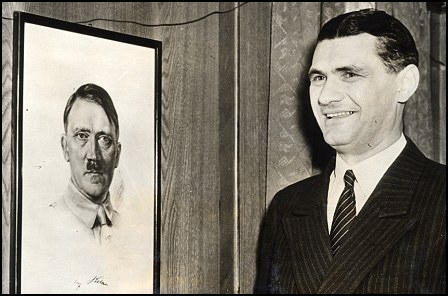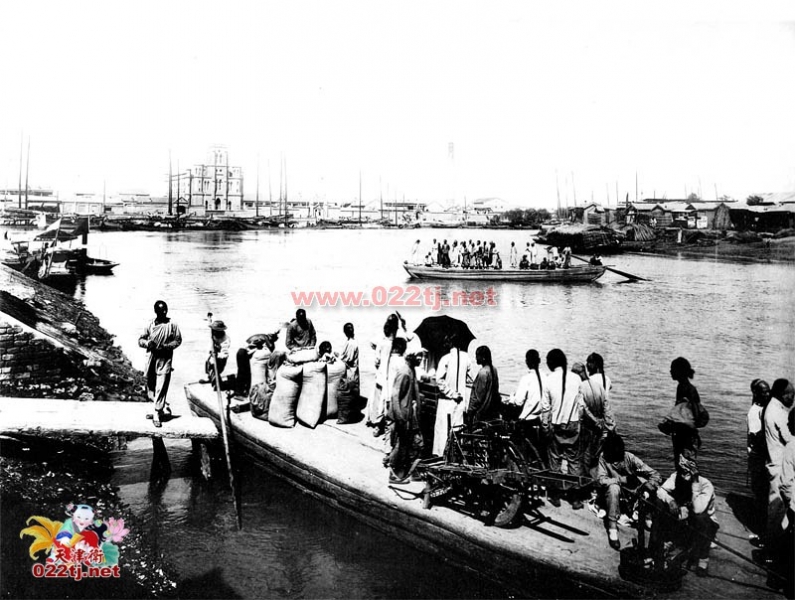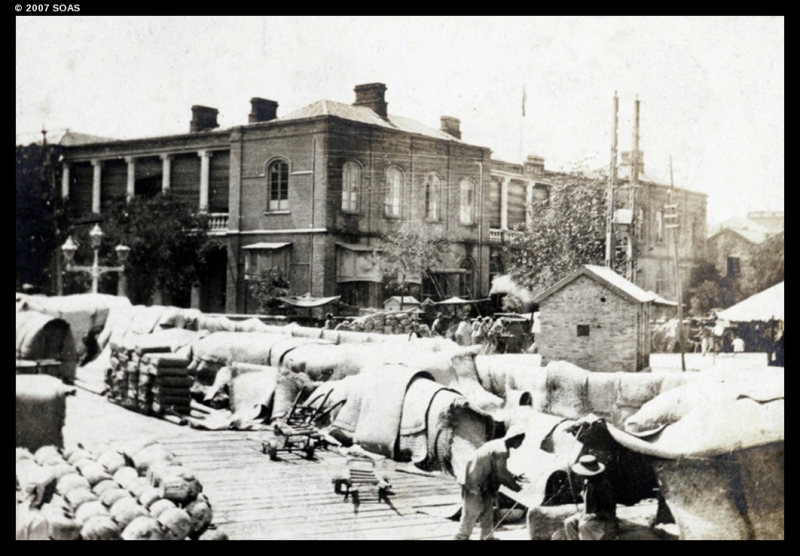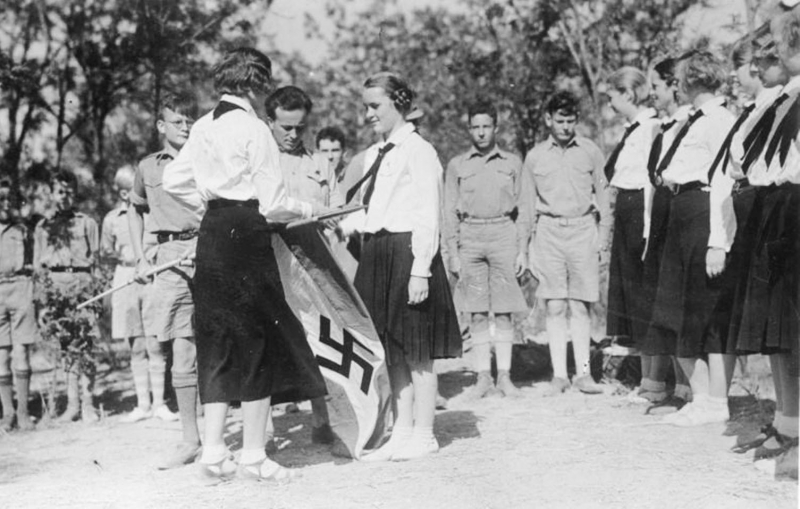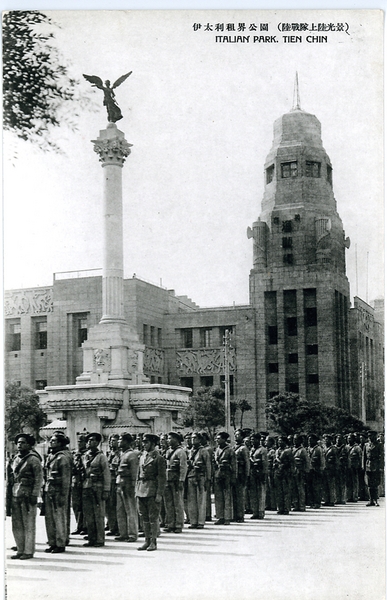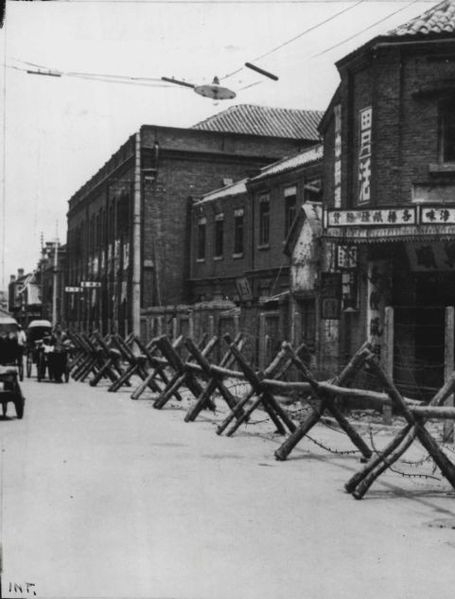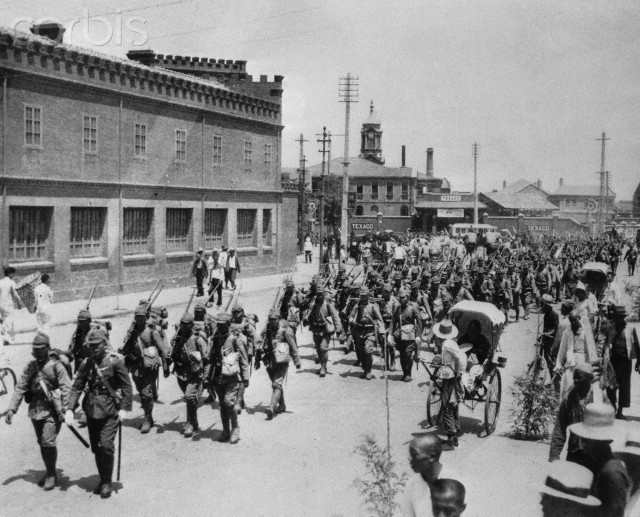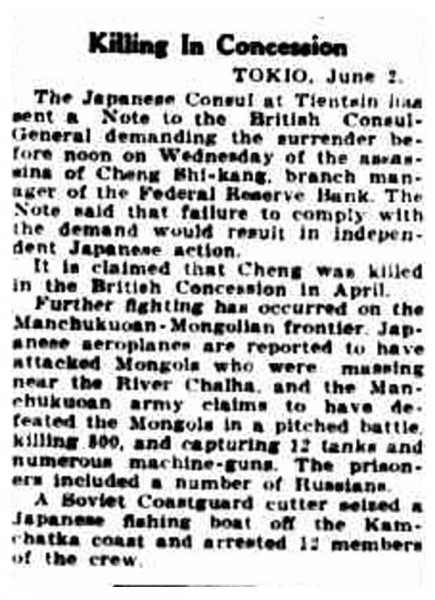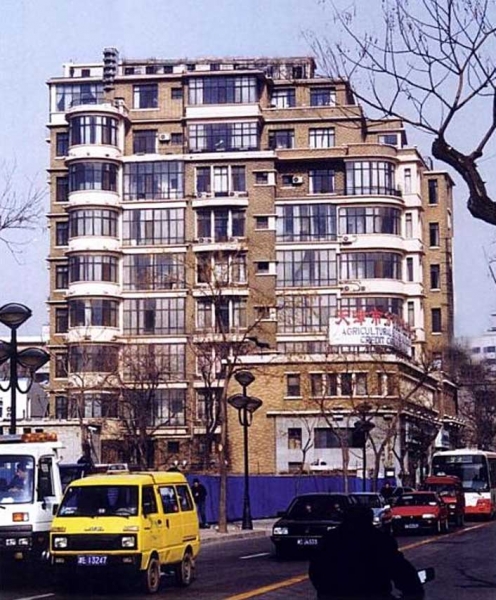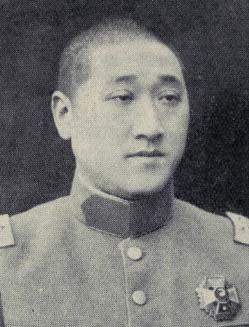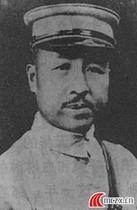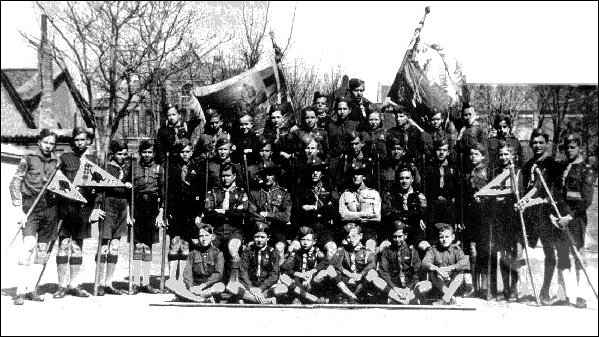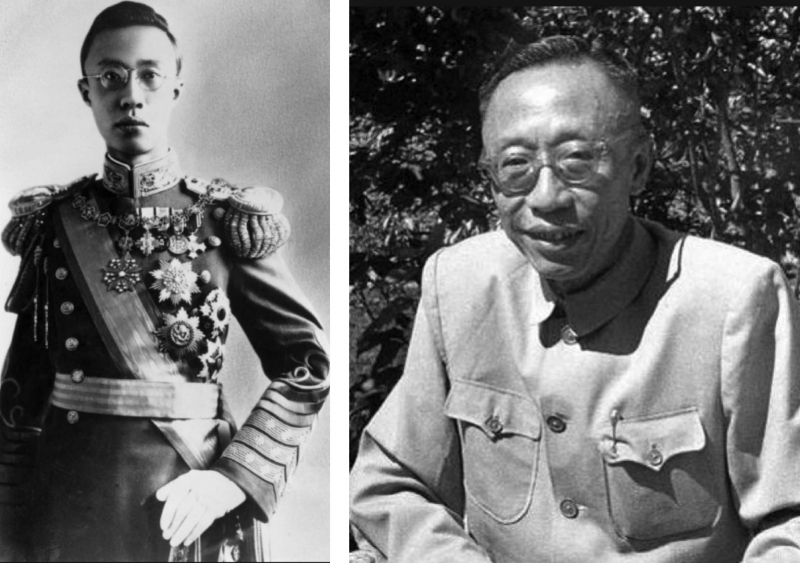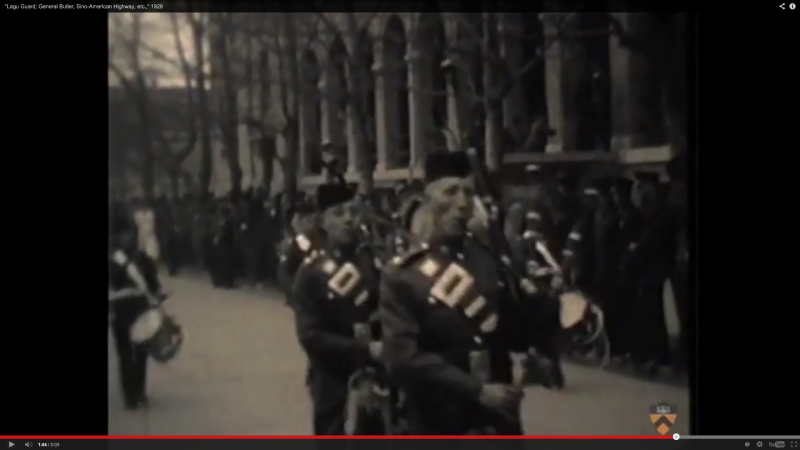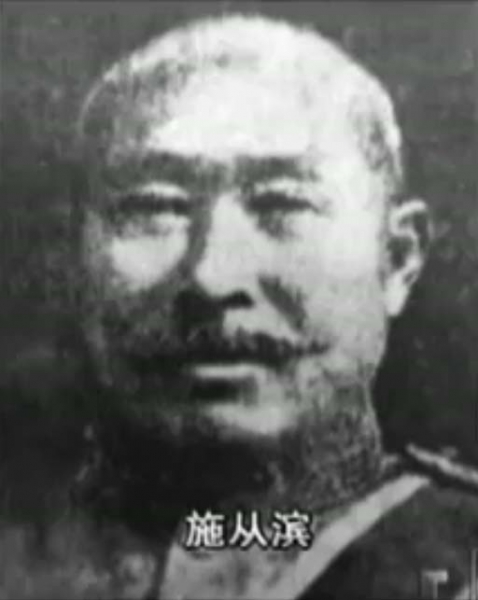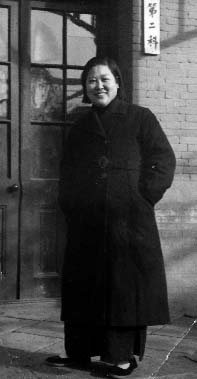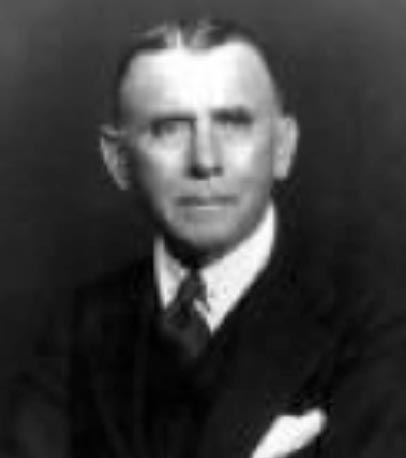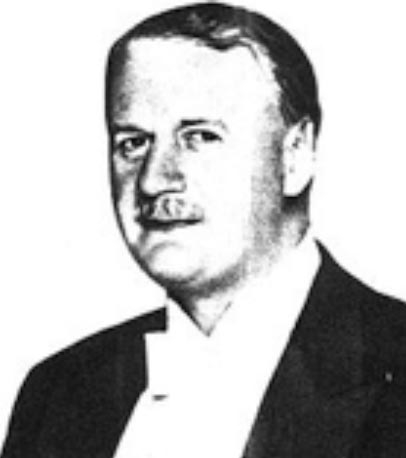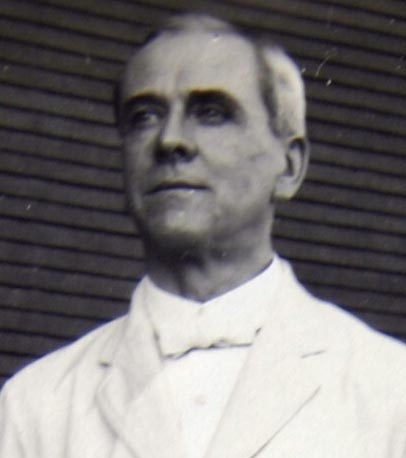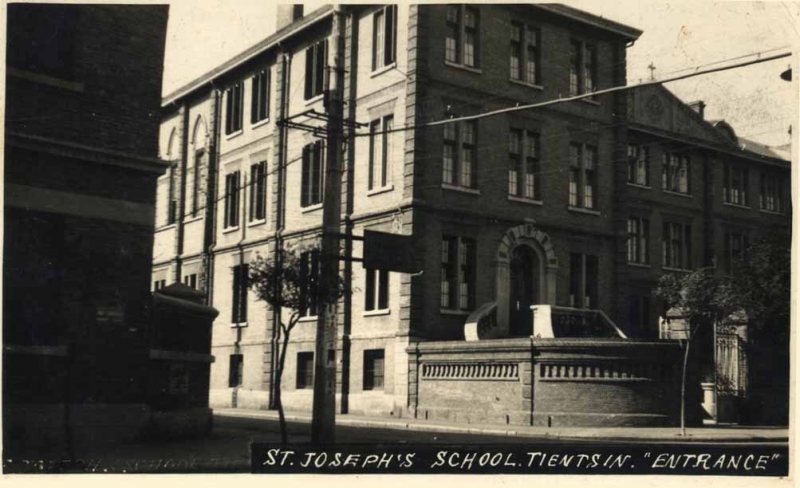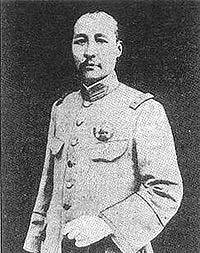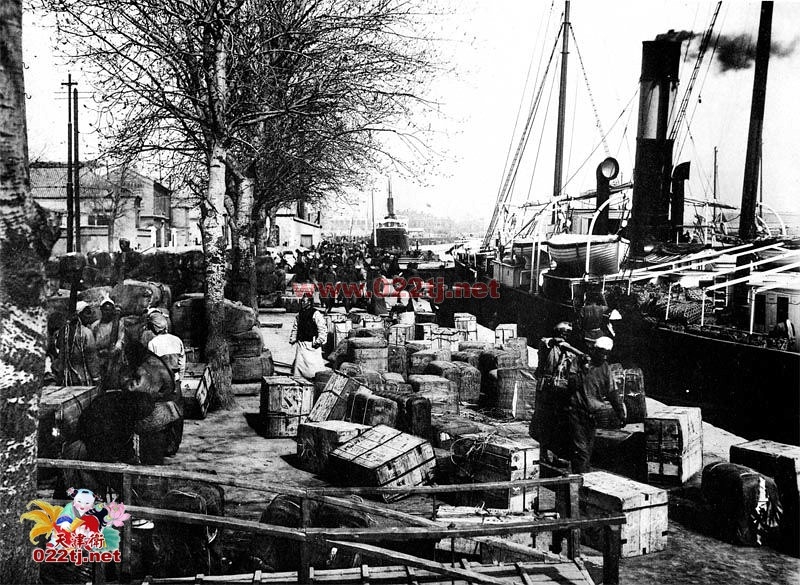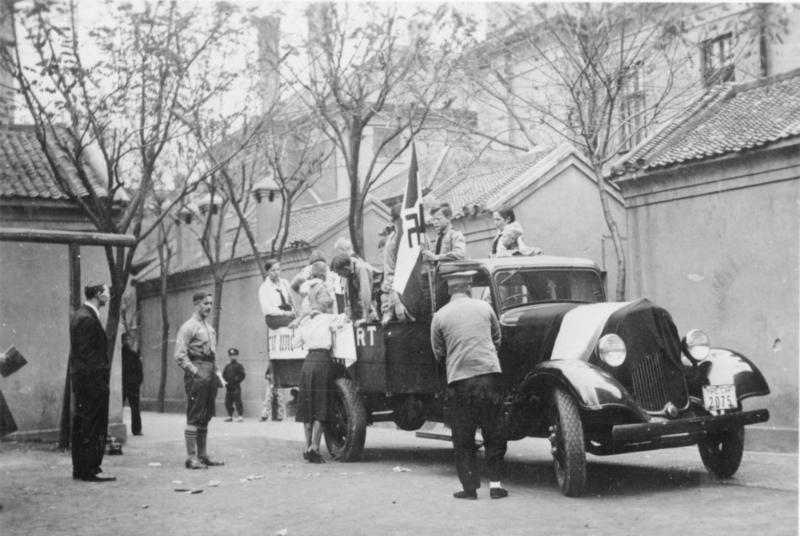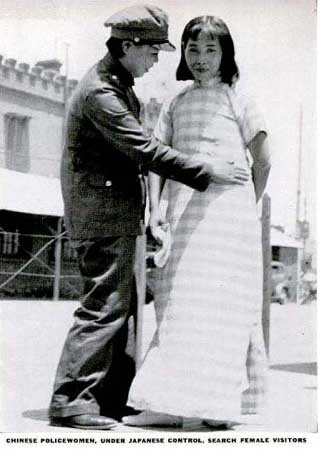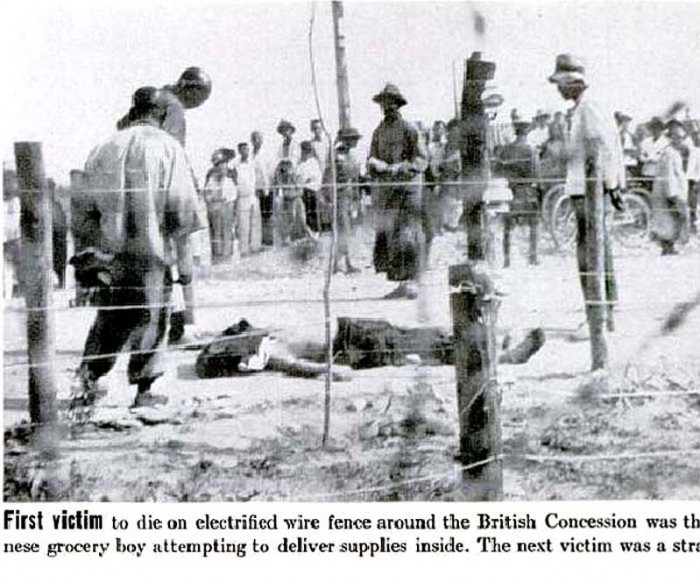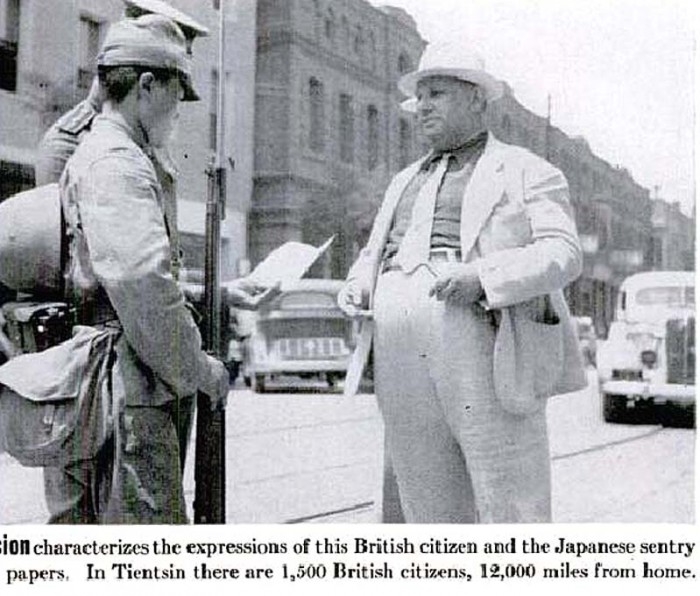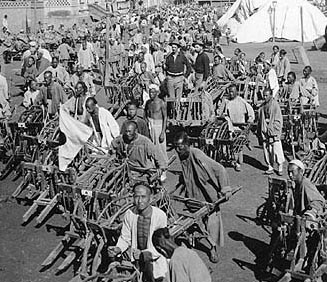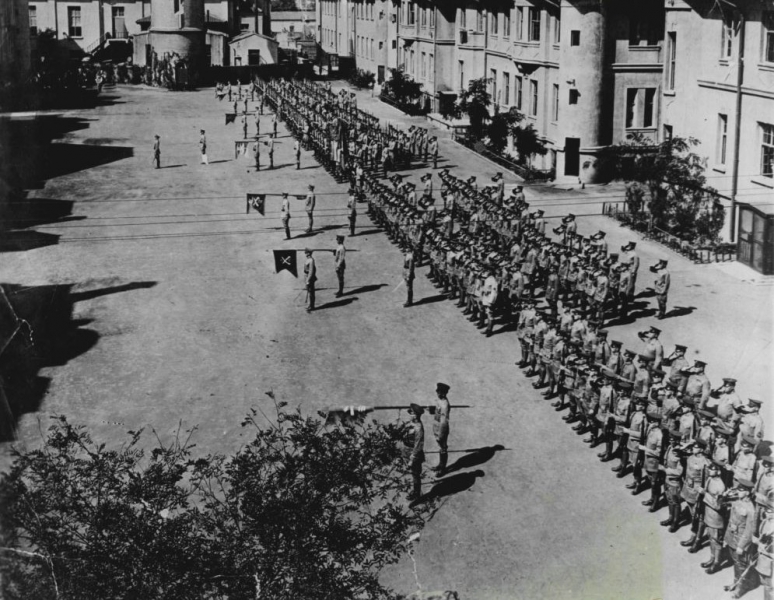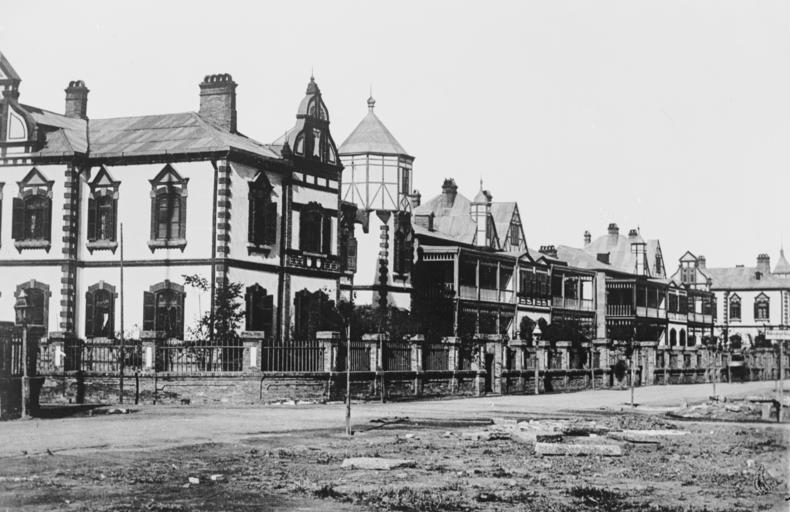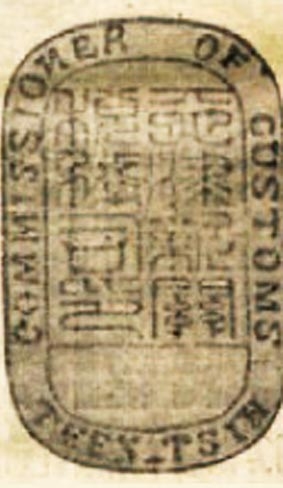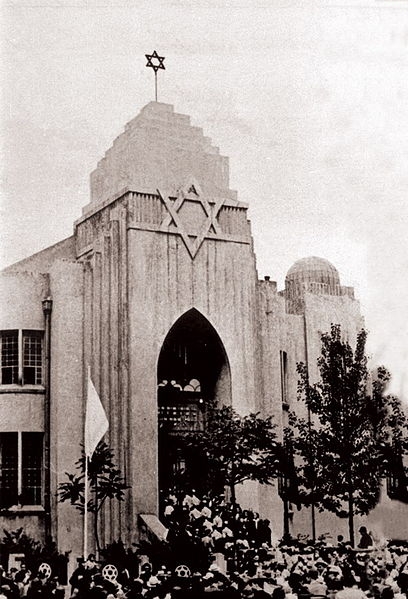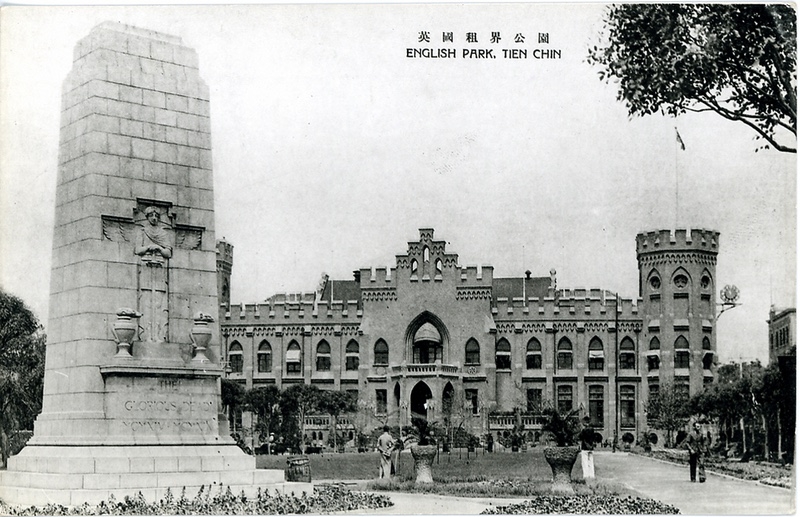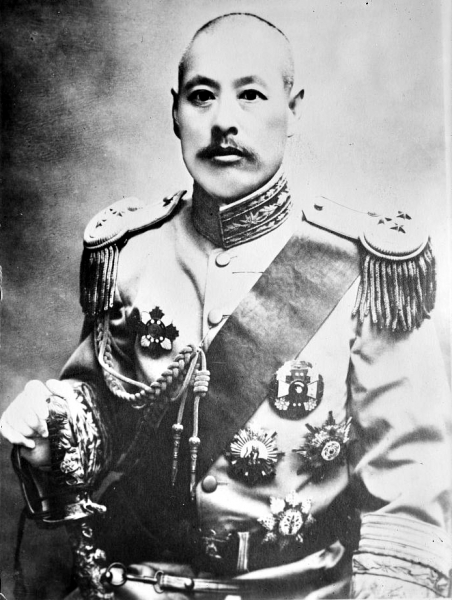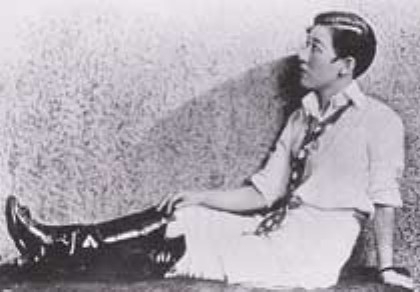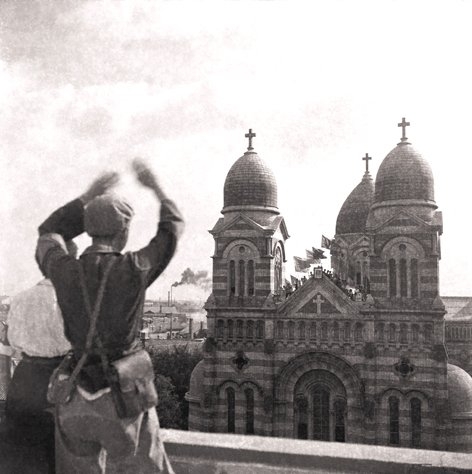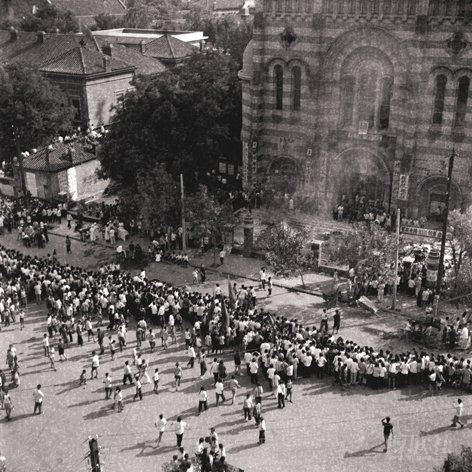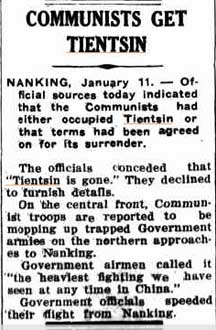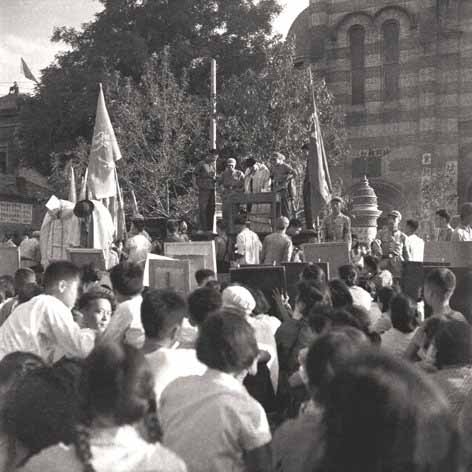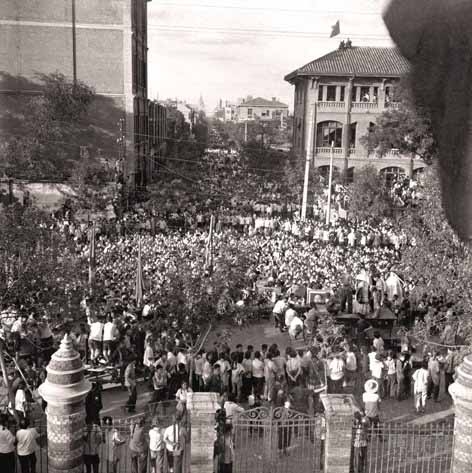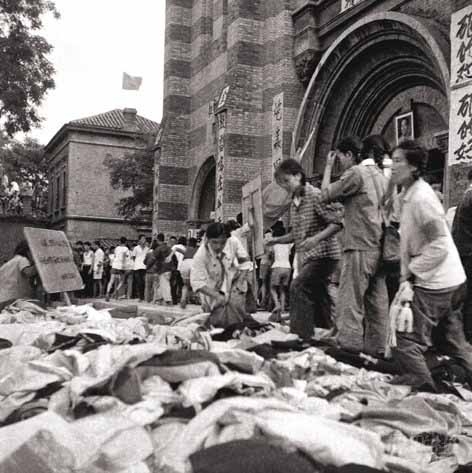Local politicians’ online connections to the “Alt-right”

Instagram picture posted by Jake MacAulay on October 18 with Representative Christopher Olson and Lutheran minister Steve Schulz at NDSU
[Editor’s note: HPR began investigating elected state politicians after Jake MacAulay, director of right-wing think tank Institute on the Constitution, linked with the Confederate hate group League of the South, spoke at NDSU. His speech included racist and anti-LGBTQ rhetoric. A picture MacAulay posted with West Fargo’s Representative Christopher Olson and a Lutheran minister on his Instagram while on campus raised questions about elected officials in the state. While not all politicians in the state were investigated, many were, and the results from public online searches including Facebook Likes and Tweets, were unexpected. It should also be noted that social media likes and groups may not always represent affiliation with any group, but at the very least show interest.]
FARGO – If the “Alt-right” had their way, America would become a white washed painting of a Caucasian family sitting around the dining room table, mother in an apron, father with a briefcase at his feet tussling a ruddy-cheeked child’s hair. Jesus would hang near the corner, all smiles, while an unopened newspaper explained away the dangers of war-weary refugees.
The “so called alt-right’s” extended family is vast, however, and includes quick-tempered, drunk uncles like the Ku Klux Klan and neo-Nazis, to somewhat mild mannered cousins, like the “Alt-lite,” or grandpa, the “New Right.” Today, the links between benign-sounding organizations, such as the John Birch Society, Restoring Honor Rally, Young Americans for Liberty, and personalities including Ayn Rand, Bill O’Reilly, and Glenn Beck, can be connected to organizations listed as hate groups by civil rights watchdogs.
“Alt-right’s” fingers go deep, stealthily spreading hate in the name of religion and patriotism. In North Dakota, at least nine elected politicians are either sympathizers or actively involved with “Alt-right” organizations.
The significance of social media interactions has been made all the more important since President Donald Trump has taken to Twitter to express his personal views, and has also created scandals such as Texas Senator Ted Cruz’s “like” of a pornographic tweet on his official Twitter account from @SexuallPosts in September.
The Associated Press Stylebook on Media Law explains the alternative right as an offshoot of conservatism mixing racism, white nationalism, and populism, or more simply – a white nationalist movement, and is to be written as “Alt-right,” always in quotes. The term was coined by Hitler saluting Richard Spencer, and is ideologically connected to right-wing foundations and white nationalist think tanks. Since the word’s first mention in 2008, a war of words has commenced, stripping and disguising meanings, turning definitions inside out in an attempt to make bigoted and anti-LGBTQ organizations respectable.
“In the past we have called such beliefs racist, neo-Nazi, or white supremacist,” AP Standards described.
But according to the “Alt-right,” the Ku Klux Klan to good old-fashioned God-fearing white nationalists should now be known as “identitarians.” Genocide is too strong a word; they prefer “ethnic replacement.” Purging non-white people isn’t “Alt-right” correct enough; such people, including protesters, undocumented immigrants, and refugees from war-torn countries, have fallen under President Donald Trump’s umbrella and are called criminals, rapists, and terrorists, similar descriptions TigerSwan used against Native Americans and supporters during the Dakota Access Pipeline controversy in 2016 and early 2017.
Such semantics are nothing new. The Posse Comitatus through organizations like the Liberty Lobby, used similar code words in the 1970s and 1980s, during the time when Heaton native, Gordon Kahl, took his Anti-Semitic, tax-avoiding stance against any government agency higher than the county level.
“They employed more insidious tactics, which were designed to cultivate a grassroots base of support,” author James Corcoran wrote in his book “Bitter Harvest.” “They disguised their hate for Jews, minorities, and the U.S. government with concern for the small businessman, the family farmer, and the white Christian American. Instead of sheets and swastikas, they draped themselves in the American flag.”
Today, the “Alt-right” has been successful at cultivating younger generations, even producing its own “deity,” partly for trolling amusement and also to make a political point. “Pepe,” the green frog, is a god of chaos and darkness, with the head of a frog. Pepe, who is more frequently known now as “Kek,” is the source of a type of magic to whom the “Alt-right” and President Trump owe their successes. The image is juvenile and racist, but appeals to young ideologists who play at deep thinking.
“Referencing Kek is most often just a way of signaling to fellow conversants online that the writer embraces the principles of chaos and destruction that are central to ‘Alt-right’ thinking,” the Southern Poverty Law Center reported on August 8, 2017.
The Kek prayer:
“Our Kek who art in memetics, hallowed by the memes. Thy Trumpdom come, thy will be done, in real life as it is on/pol/. Give us this day our daily dubs, and forgive us of our baiting as we forgive those who bait against us. And lead us not into cuckoldry, but deliver us from shills, for thine is the memetic kingdom, and the shitposting, and the winning, forever and ever. Praise Kek.”
Online, the “Alt-right” movement has its own imaginary country, Kekistan, and its own green flag that resembles a Nazi symbol.
The term “New Right” was first used by the Young Americans for Freedom in the 1960s, and was created as a conservative counter balance to liberalism, linked with the Religious Right, and more recently in 2016 to the “Alt-lite” movement. “Alt-lite” supporters flocked to President Donald Trump’s side during his campaign, and although they share “Alt-right” views, they say they reject racialism and Anti-Semitism.
Late last month, the president of the Southern Poverty Law Center issued a warning before a Congressional committee.
“The current administration’s rhetoric is emboldening white supremacist movements, and although we might find hate speech abhorrent, it should be protected as a right under the First Amendment,” J. Richard Cohen, president of the nonprofit hate crime watchdog Southern Poverty Law Center, said.
“National leaders need to speak out against growing white nationalistic ideals.”
The Southern Poverty Law Center was founded in 1971 as a nonprofit civil rights watchdog organization. For more than three decades, the Southern Poverty Law Center has been monitoring radical right activity in the United States, and advising law enforcement, civic leaders, college administrators on how to respond to rallies led by hate groups and leaders.
In 2007, the Southern Poverty Law Center published a list of hate groups in the United States, many of which are mainstream organizations, and the radical right struck back, branding the organization a hate group in retaliation.
A difference exists between “Liking,” “Following,” and joining a “Group” on Facebook, according to Tim Hoye, owner of Tim Hoye Consulting, a social media management and website customization company.
“To follow a page a person you can go click the ‘Like’ button on that page,” Hoye said. Hoye is also running for House of Representative District 45 as a Democrat.
“When they do that it will show up to your friends and if you have friends on that page they will see that you ‘like’ that page as well. It doesn’t mean you actually consider that content something you would endorse.”
Although liking a page doesn’t necessarily denote endorsement, it does increase the person’s or page’s popularity, Hoye said. A better option is to simply follow.
“Instead you can ‘follow’ a page and not have to increase that page’s likes, your friends won’t see that you like that page and it will do everything the same as liking the page without everyone on your friend list knowing you are watching that page.”
A clear distinction is drawn when someone joins a group on social media, Hoye said.
“Groups are a little bit more personal than a page. A lot of groups you have to be accepted to so you aren’t automatically in there to see the content. You aren’t able to follow a group, you can only ‘like’ a group.”
Dr. Matthew Crain, assistant professor in media studies at Queens College, part of the City University of New York, agreed, saying social media investigations are necessary, and newsworthy.
“There is actual empirical evidence out there for this,” Crain said. “In general it’s a safe assumption that if you tweet or retweet or post on Facebook that there is an implicit endorsement or an expression of support.”
A hierarchy of such support exists: follows, likes, and joining groups, Crain said.
“The differences are, if you like something, you are signaling that you like it in a public way, it publicly identifies your like for that thing. Following means you’re not necessarily signaling an attachment of that page, but you can see their posts, a less public version of liking.”
A group is different, joining a group means that you are a part of that group and you get updates on that group. Joining a group is the “highest level of engagement,” Crain said.
“The Like button is a crude mechanic (like most of Facebook’s icons) meant to signal support of some kind,” NDSU Department of Communication Assistant Professor Robert Mejia said. “What this support specifically means, however, is another question. In general, we would say that liking signals support for either the community, the actual message content, and/or the general tone of the message.”
A politician may monitor a group by pushing the Follow button, Mejia said. An argument can be made for a politician detesting a group, but following it anyway, as a means of keeping an eye on a particular subject, but, typically a Follow suggests a stronger sense of endorsement. “Following carries with it a distinct purpose apart from liking. If liking might mean endorsement with a specific message tone or content, or the community more generally, following just signals general interest in monitoring the ongoing communication of that community. Joining a group can be similar to following. The main difference would be that joining a group often enables a higher level of participation.”

“Preserve History” III% Security Force – from North Dakota Freedome Defense Forse III% Facebook page
North Dakota Nine
 Congressman Kevin Cramer received a $20,000 donation from the Freedom Project during his reelection campaign in 2016. The Freedom Project is an affiliate of the John Birch Society, and calls Common Core an “absolute appropriation of Soviet ideology and propaganda,” and that it is “mainstreaming homosexuality, promiscuity, and other practices,” according to The Washington Post.
Congressman Kevin Cramer received a $20,000 donation from the Freedom Project during his reelection campaign in 2016. The Freedom Project is an affiliate of the John Birch Society, and calls Common Core an “absolute appropriation of Soviet ideology and propaganda,” and that it is “mainstreaming homosexuality, promiscuity, and other practices,” according to The Washington Post.
The Freedom Project is also the educational arm of the American Opinion Foundation, a nonprofit created by the John Birch Society, according to the Southern Poverty Law Center. On the Freedom Project’s website, it declares itself as a fully accredited online academy for churches to private schools – a Common Core free curriculum deeply rooted in Judeo-Christianity. Enrollment costs $2,000 a year for full time students.
Arms giant, Northrop Grumman, produces mssile systems and military drones, and is a major sponsor of Cramer’s donating a total of $20,000 in 2016. Northrop Grumman is also a sponsor of conferences intent on replacing mental health care with SWAT teams in police departments across the United States, and is intent on exacerbating Islamophobia, according to VICE News.
Cramer is also financially supported by Syngenta, a Swiss agribusiness giant, which was cited by the United Nations for influencing policy makers, obstructing reform, and in some cases “deliberately manufacturing evidence to infuse scientific uncertainty and delay restrictions.” Syngenta gave Cramer $5,000 in 2016, and settled its lawsuit with American farmers pertaining to approval of GMO corn for export before China approved it in September 2017 for $1.5 billion. Additional lawsuits from US grain handlers and Canadian farmers are still pending.
Northrop Grumman and the Freedom Project also gave $10,000 to Senator John Hoeven in 2016.
 Representative Christopher Olson, of West Fargo, helped bring Jake MacAulay and the Institute on the Constitution to NDSU, according to MacAulay’s Instagram photograph. Olson believes The Washington Post and CNN are fake news, according to Facebook and Twitter posts. He frequently tweets Breitbart news stories, and believes politics is not a game, but is war. Citing Alexis de Tocqueville, Olson also doesn’t like democracy, according to a Twitter post on October 7, 2016.
Representative Christopher Olson, of West Fargo, helped bring Jake MacAulay and the Institute on the Constitution to NDSU, according to MacAulay’s Instagram photograph. Olson believes The Washington Post and CNN are fake news, according to Facebook and Twitter posts. He frequently tweets Breitbart news stories, and believes politics is not a game, but is war. Citing Alexis de Tocqueville, Olson also doesn’t like democracy, according to a Twitter post on October 7, 2016.
“Democracy make[s] every man forget his ancestors, hides his descendants, and separates his contemporaries,” Olson wrote.
Theocracy is a model that he, and others, appear to support through Facebook posts, Likes, and Twitter feeds.
Olson is the introducer of a bill to change or halt refugee resettlement in North Dakota by offering local communities the power to request a moratorium. Cass County Commissioner Chad Peterson also supported Olson’s efforts. Local media quoted Olson in January 2017 saying he is against hate crime legislation and anti-discrimination laws, as such laws are not effective.
Olson’s a fan of Breitbart, and he also follows the John Birch Society, an old Cold War-era nonprofit that is still waging war against the “Red menace,” and has been diligently evading claims its organization is racist and anti-Semitic since the 1960s. He is also following the Ludwig von Mises Institute, which purports a Darwinian view of society in which elites are natural and government intervention is destructive, according to the Southern Poverty Law Center. The institute believes forced integration and affirmative action is primarily responsible for the complete destruction of private property rights.
Olson likes the Chalcedon Foundation, reported as a hate group by the Southern Poverty Law Center. Although the foundation’s name was founded with the Council of Chalcedon in 451 A.D. in mind, the group supports theocracy, and the death penalty for practicing homosexuals and other abominators. “Father of Christian Reconstructionism” and the foundation’s founder, Rousas John Rushdoony, denied the Holocaust before his death, and wrote that American slavery was “generally benevolent” despite “misguided attempts to make whites feel guilty about it,” according to the Southern Poverty Law Center.
The Ruth Institute is another organization Olson follows, and it is listed as a hate group because of its anti-LGBTQ message and association with the American Family Association, according to the Southern Poverty Law Center.
More prominent among these associations Olson subscribes to is the Federation for American Immigration Reform, or FAIR, listed as a hate group since 2008 by the Southern Poverty Law Center for its “virulent and false attacks on non-white immigrants.” FAIR is a lobbying organization, which according to its website seeks “to influence public policy directly by lobbying.”
Olson joined the North Dakota Freedom Defense Force III Public Forum, a recruiting forum for state militia, which contains many posts about the use of force against those in power and advertises handbooks on anti-Islamic resistance, exploding targets, and body armor for sale. The III in the name stands for the Three Percenters, also written as 3%ers and III%, and is described as an American “patriot movement” aligned with the Oath Keepers, one of the largest radical antigovernment groups in the USA today. Michael Brian Vanderboegh founded the Three Percenters group, and it has been linked to planned domestic terror attacks in Kansas in 2016 against Somali Muslims. Three Percenters have gathered into small militias around the United States, believe that only three percent of colonists fought in the Revolutionary War, and that the federal government is working to destroy American liberties, according to Vice News and the Southern Poverty Law Center.
Nationally, Three Percenters have more than 10,000 members, and the North Dakota Freedom Defense Force III has a total of 145 in North Dakota. Included in the site’s posts is a picture of well-armed militia with Confederate flags flying, which says: “Preserve History III% Security Force.” On June 28, the group changed its name after the national movement “split” from III% Security Force to III% Freedom Defense Force, according to an announcement, which combined the states of North Dakota, Minnesota, Ohio, Indiana, Tennessee, South Carolina, Colorado, Montana, Illinois, New York, Florida, and Alabama.
 Representative Rick Becker, from Bismarck, founded the Bastiat Caucus in North Dakota in 2013, and is a fan of Young Americans for Liberty, a group that rose from the ashes of Young Americans for Freedom and listed in 2006 as a hate group by the Southern Poverty Law Center. Young Americans for Liberty is listed as a hate group because of its sponsorship of right-wing extremist lectures, on the “perils of multiculturalism.”
Representative Rick Becker, from Bismarck, founded the Bastiat Caucus in North Dakota in 2013, and is a fan of Young Americans for Liberty, a group that rose from the ashes of Young Americans for Freedom and listed in 2006 as a hate group by the Southern Poverty Law Center. Young Americans for Liberty is listed as a hate group because of its sponsorship of right-wing extremist lectures, on the “perils of multiculturalism.”
Becker also follows “Alt-right” personalities such as Tomi Lahren, and the late Ayn Rand, known as the “patron saint of the libertarian right,” and founder of Objectivism, who said during a speech at West Point that racism didn’t exist in the USA, until liberals brought the issue up, according to media outlet Salon.
“Today, it is to everyone’s advantage to form some kind of ethnic collective,” Rand said during the 1974 speech. “If you can understand the vicious contradiction and injustice of a state establishing racism by law. Whether it’s in favor of a minority or a majority doesn’t matter. It’s more offensive when it’s in the name of a minority because it can only be done in order to disarm and destroy the majority and the whole country. It can only create more racist division, and backlashes, and racist feelings.”
Later in her speech, she lashed out against Native Americans.
“But now, as to the Indians, I don’t even care to discuss that kind of alleged complaints that they have against this country,” Rand said. “I do believe with serious, scientific reasons the worse kind of movie that you have probably seen – worst from the Indian viewpoint – as to what they did to the white man. I do not think that they have any right to live in a country merely because they were born here and acted and lived like savages.
“Any white person who brings the elements of civilization had the right to take over this continent, and it is great that some people did, and discovered here what they couldn’t do anywhere else in the world and what the Indians, if there are any racist Indians today, do not believe to this day: respect for individual rights.”
On Facebook and Twitter, Becker likes right wing organizations such as the Ludwig von Mises Institute, which believes forced integration and affirmative action is primarily responsible for the complete destruction of private property rights. Not far away under Becker’s Facebook and Twitter likes is the Tenth Amendment Center, or TAC, an antigovernment movement and organization that declares itself non-partisan and favors nullification of federal laws it considers unconstitutional. The tenth amendment defines the establishment and division of power between the federal and state governments, and came under fire in the 1950s when Southern states tried unsuccessfully to resist desegregation by nullifying federal laws.
TAC falls into the “Alt-right” category as the organization frequently invites speakers from the John Birch Society, and neo-Confederate hate group League of the South, according to the Southern Poverty Law Center.
Further down on Becker’s Facebook likes are Glenn Beck and Restoring Honor Rally, a 2010 rally led by Beck, known as a “master divider along racial lines” icon. During a career in Top 40 radio, Beck frequently performed imitations of “black guy” characters and racist tropes, according to the Southern Poverty Law Center, which including mocking unarmed blacks shot and killed by white police officers. Beck refers to Reverend Jesse Jackson as “the stinking king of the race lords,” and whips up opposition to what Beck calls, black nationalism.
On Twitter, Becker follows Beck, the Ayn Rand Institute, and some of his Likes include a post from TheBlaze and Bill O’Reilly (who has recently settled sexual misconduct claims for $32 million) which states that Black Lives Matter is a “hate America group.” Becker also follows the Goldwater Institute, a think tank that promotes legislation called out by the president of the Southern Poverty Law Center in October for attempting to promote laws that will circumscribe the ability of college presidents to speak out against racism.
 Representative Luke Simons, of Dickinson, also likes Young Americans for Liberty and the Bastiat Caucus on Facebook. He likes Breitbart editor Ben Shaprio, who claimed the LGBTQ community doesn’t really face discrimination, an untruth, or in the words of President Trump — “fake news” — according to Federal Bureau of Investigation Uniform Crime Reporting Program statistics. In 2015, 17.7 of all reported hate crimes in the country – 5,818 single-bias incidents involving 7,121 victims – stemmed from sexual orientation bias. Since 2005, LGBTQ people are twice as likely to be targets of violent hate crime as other minority groups, according to the FBI’s 2014 hate crimes statistics.
Representative Luke Simons, of Dickinson, also likes Young Americans for Liberty and the Bastiat Caucus on Facebook. He likes Breitbart editor Ben Shaprio, who claimed the LGBTQ community doesn’t really face discrimination, an untruth, or in the words of President Trump — “fake news” — according to Federal Bureau of Investigation Uniform Crime Reporting Program statistics. In 2015, 17.7 of all reported hate crimes in the country – 5,818 single-bias incidents involving 7,121 victims – stemmed from sexual orientation bias. Since 2005, LGBTQ people are twice as likely to be targets of violent hate crime as other minority groups, according to the FBI’s 2014 hate crimes statistics.
 Representative Sebastian “Seabass” Ertelt, of Lisbon, follows the Bastiat Caucus on Facebook. He has also joined a Facebook group called the American Party, ND. Horace Greeley, a 19th century New York newspaper editor, once called the American Party the “Know-Nothing” party. The American Party is also recognized as the precursor to the Ku Klux Klan, as it pushed for immigration bans on foreign paupers, criminals, idiots, lunatics, insane and blind people, and wanted a 21-year naturalization period before an immigrant could become an American citizen. The American Party’s candidate for the 2016 Presidential election was Robert Macleod Jr., and the page currently has 33 members.
Representative Sebastian “Seabass” Ertelt, of Lisbon, follows the Bastiat Caucus on Facebook. He has also joined a Facebook group called the American Party, ND. Horace Greeley, a 19th century New York newspaper editor, once called the American Party the “Know-Nothing” party. The American Party is also recognized as the precursor to the Ku Klux Klan, as it pushed for immigration bans on foreign paupers, criminals, idiots, lunatics, insane and blind people, and wanted a 21-year naturalization period before an immigrant could become an American citizen. The American Party’s candidate for the 2016 Presidential election was Robert Macleod Jr., and the page currently has 33 members.
 Representative Daniel Johnston, from Valley City, is a fan of Jake MacAulay and the Institute on the Constitution, an organization that has ties to the Confederate hate group League of the South, and calls the Southern Poverty Law Center “a joke.”
Representative Daniel Johnston, from Valley City, is a fan of Jake MacAulay and the Institute on the Constitution, an organization that has ties to the Confederate hate group League of the South, and calls the Southern Poverty Law Center “a joke.”
“I don’t impose or force my ideas on anybody, but just like you I am entitled to an opinion,” Johnston said on his own Facebook post.
 Representative Dwight Kiefert, from Valley City, frequently posts Breitbart articles on his Facebook page, and he also likes the Conservative Tribune, a right-wing media outlet that frequently belittles the Southern Poverty Law Center. He’s also liked religious right attorney Jay Sekulow, personal attorney for President Donald Trump, and chief counsel for the American Center for Law and Justice. Sekulow i also affiliated with the Christian Advocates Serving Evangelism. Both companies are nonprofit organizations. In June 2017, The Guardian discovered Christian Advocates Serving Evangelism steered more than $60 million to Sekulow since 2000, after using fundraising tactics on the poor and unemployed about “abortion, Sharia law, and Barack Obama,” according to The Guardian.
Representative Dwight Kiefert, from Valley City, frequently posts Breitbart articles on his Facebook page, and he also likes the Conservative Tribune, a right-wing media outlet that frequently belittles the Southern Poverty Law Center. He’s also liked religious right attorney Jay Sekulow, personal attorney for President Donald Trump, and chief counsel for the American Center for Law and Justice. Sekulow i also affiliated with the Christian Advocates Serving Evangelism. Both companies are nonprofit organizations. In June 2017, The Guardian discovered Christian Advocates Serving Evangelism steered more than $60 million to Sekulow since 2000, after using fundraising tactics on the poor and unemployed about “abortion, Sharia law, and Barack Obama,” according to The Guardian.
Kiefert likes the anti-gay rights Benham Brothers, whose rising voices in right-wing Christian circles could not have happened without the Family Research Council, according to the Benham Brothers. The Family Research Council split from Focus on the Family in 1992, and has links with the Family Research Institute, a Colorado-based hate group, and with David Duke and the Ku Klux Klan.
 Fargo City Commissioner and Fargo Deputy Mayor Dave Piepkorn, from Fargo, has nearly no online presence, preferring to work with political mouthpieces such as the SayAnything Blog, AM 1100 “The Flag,” radio, and Valley News Live. His Facebook profile is either hidden, or doesn’t exist, but his call for uncovering the costs behind refugees in Fargo and across the state has sparked heated debate since he made the proposal in October 2016.
Fargo City Commissioner and Fargo Deputy Mayor Dave Piepkorn, from Fargo, has nearly no online presence, preferring to work with political mouthpieces such as the SayAnything Blog, AM 1100 “The Flag,” radio, and Valley News Live. His Facebook profile is either hidden, or doesn’t exist, but his call for uncovering the costs behind refugees in Fargo and across the state has sparked heated debate since he made the proposal in October 2016.
 Burleigh County Commissioner Jim Peluso, from Bismarck, is a fan of Right Stuff, Hardcore Conservative on Facebook, which is a nearly identical name of The Right Stuff, a fascist, anti-Semitic, prominent mouthpiece of the “Alt-right.” An inordinately large number of stories featured on Right Stuff, which has 451,000 followers on Facebook, reported on black people or Muslims beating white people, white people getting even, or blurbs damning current immigration policies. Peluso also follows a Facebook group with more than one million followers called Angry Patriot, which is filled with “fake news” from Christian News Alert defending President Trump’s actions.
Burleigh County Commissioner Jim Peluso, from Bismarck, is a fan of Right Stuff, Hardcore Conservative on Facebook, which is a nearly identical name of The Right Stuff, a fascist, anti-Semitic, prominent mouthpiece of the “Alt-right.” An inordinately large number of stories featured on Right Stuff, which has 451,000 followers on Facebook, reported on black people or Muslims beating white people, white people getting even, or blurbs damning current immigration policies. Peluso also follows a Facebook group with more than one million followers called Angry Patriot, which is filled with “fake news” from Christian News Alert defending President Trump’s actions.































